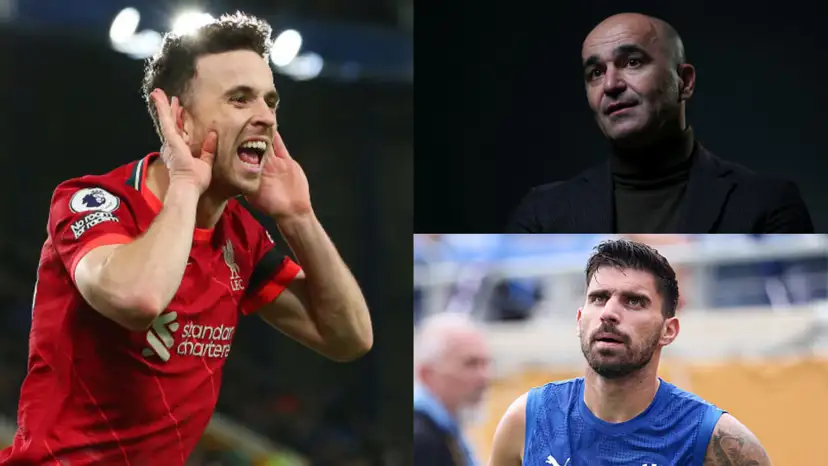
Roberto Martinez and Portugal Honour Diogo Jota Memory by Passing No.21 Shirt to Ruben Neves
When Roberto Martinez announced his latest Portugal squad, the usual chatter about tactics, selections, and opponents faded quickly. Instead, the spotlight was on an emotional tribute. For the first time since Diogo Jota’s tragic passing in a car accident alongside his brother, André Silva, the national team gathered without the Liverpool forward. To mark the moment, Martinez confirmed that Jota’s beloved No.21 shirt would not be retired but rather carried forward by one of his closest friends in football—Ruben Neves.
Portugal’s Emotional Tribute to Diogo Jota
Jota’s death in July sent shockwaves through the footballing world. Known not only for his sharp finishing and relentless energy on the pitch, he was also admired for his humility and warmth off it. At 28, he was in his prime, a Champions League winner with Liverpool and an irreplaceable figure for A Seleção.
Roberto Martinez, who has made it a priority to unite the Portuguese camp since taking charge, was visibly moved when he addressed the media ahead of Portugal’s September World Cup qualifiers against Armenia and Hungary.
“This is the first working camp without Diogo Jota,” Martinez said, his voice heavy with meaning. “We know what Diogo meant to each of us, the impact he had on our lives. We want to honour his memory every day. He will be with us and be another force in achieving our goals. Diogo Jota’s example is a light for us. We will carry his spirit in our hearts.”
For Martinez and his squad, the message was clear: Portugal’s journey to the 2026 World Cup will be fought for with Jota’s presence felt in every step, every match, and every victory.
Why Ruben Neves Was Chosen to Wear the No.21
The decision to hand Jota’s shirt to Ruben Neves carried deep symbolism. Neves, his former Wolves teammate, wasn’t just a colleague but a close friend who shared countless moments with Jota on and off the pitch. Their bond was forged during their Premier League days in Wolverhampton, where Jota’s brilliance helped elevate Wolves from hopefuls to challengers.
By passing the No.21 jersey to Neves, Portugal ensured the number remained active, a living memory rather than a retired relic. Martinez explained:
“Diogo wanted to win the World Cup. His absence is a sign of unity, motivation, and responsibility. We’re here to fight and do everything we can to achieve that dream. And with Ruben wearing the 21, Diogo remains with us on the pitch.”
The image of Neves walking out in Jota’s number is expected to be one of the defining emotional moments of Portugal’s qualifiers. Supporters already speak of it as a gesture that perfectly balances grief with honour, sadness with celebration.
How Liverpool and the Football World Paid Tribute
The tributes to Jota since his passing have been widespread. Liverpool made the poignant decision to permanently retire his No.20 shirt, ensuring no one else will wear it at Anfield again. The club organised ceremonies, video montages, and moments of silence that were as raw as they were powerful. Supporters filled social media with memories, while murals and banners emerged to immortalise the Portugal international.
Jota’s family, still coming to terms with the loss, have repeatedly spoken of their gratitude for the tributes. They emphasised how much it means to see not just clubs but entire footballing nations remembering him—not as a player who was lost too soon, but as a man whose spirit continues to inspire.
Beyond Liverpool, tributes poured in from across Europe. Wolves fans laid flowers outside Molineux, Benfica and Porto supporters sang his name before games, and Portugal’s rivals in Spain, Italy, and France all shared messages of solidarity. It was a rare moment of unity in football, sparked by the loss of someone universally admired.
The Symbolism of “23 + 1”
Martinez introduced another powerful symbol during his announcement. As Portugal prepare for their World Cup qualifiers, he said the squad is no longer just 23 players—it is “23 + 1.” That “+1” is Jota.
It is not just a line for the cameras. For Martinez, Jota is still considered part of every meeting, every training session, every team talk. His drive, his smile, his hunger to succeed will, in the manager’s words, be an extra force pushing the squad toward their ultimate goal.
Looking Ahead: Armenia and Hungary Await
Portugal’s first fixtures since Jota’s death will be emotionally charged. On September 6, they face Armenia, followed by Hungary on September 9. Neither game is a formality. Armenia have proved tricky opponents in the past, and Hungary have developed into one of Europe’s toughest, most organised sides.
But Martinez knows the importance of starting strongly in the new World Cup cycle. Portugal’s golden generation, led by Cristiano Ronaldo but increasingly carried by Bruno Fernandes, Bernardo Silva, and Joao Felix, must now balance experience with the freshness of players like Gonçalo Ramos and António Silva.
And yet, even amid tactical discussions and selection dilemmas, all eyes will be on Ruben Neves when he walks onto the pitch in that famous No.21 shirt. It will be more than just a number—it will be a flag carried for a fallen friend.
A Legacy That Lives On
For those who watched Jota week in, week out, it is still surreal to imagine a Portugal squad without him. His sharp turns, instinctive finishes, and tireless pressing were only part of the package. He represented the modern Portuguese footballer: fearless, intelligent, and proud of his roots.
By honouring him in this way, Portugal ensure his story is not defined by its tragic ending but by the light he brought during his life. From the streets of Gondomar to the bright lights of Anfield, from Wolves’ rise in England to Portugal’s dreams on the global stage, Diogo Jota’s memory continues to burn brightly.
Ruben Neves, his friend, now carries that torch.
And as Portugal march toward 2026, they will do so as “23 + 1.” Always with Diogo. Always together.

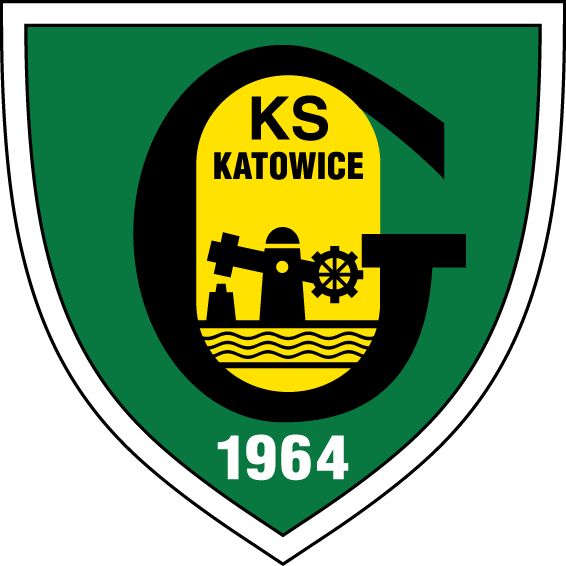
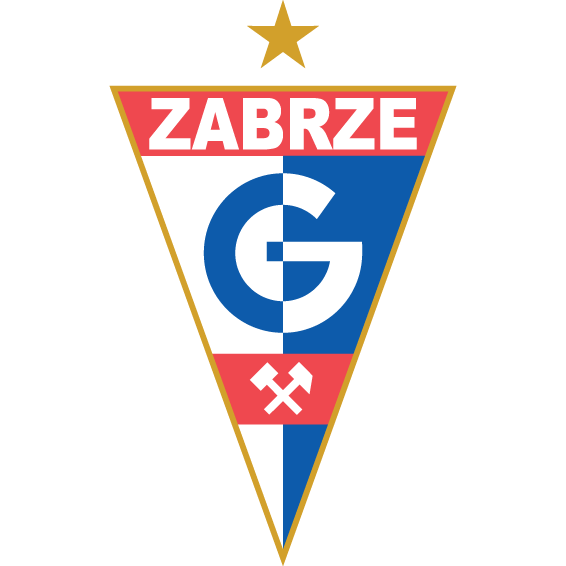





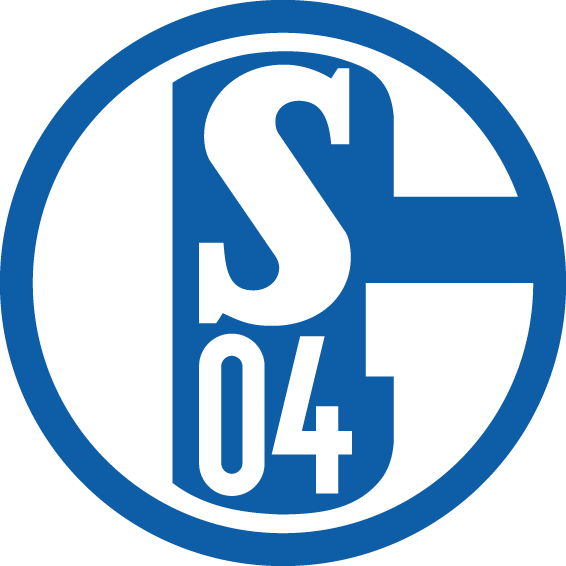
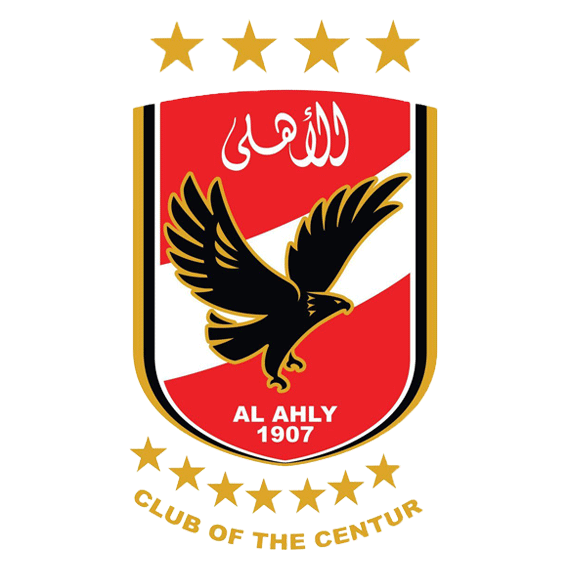
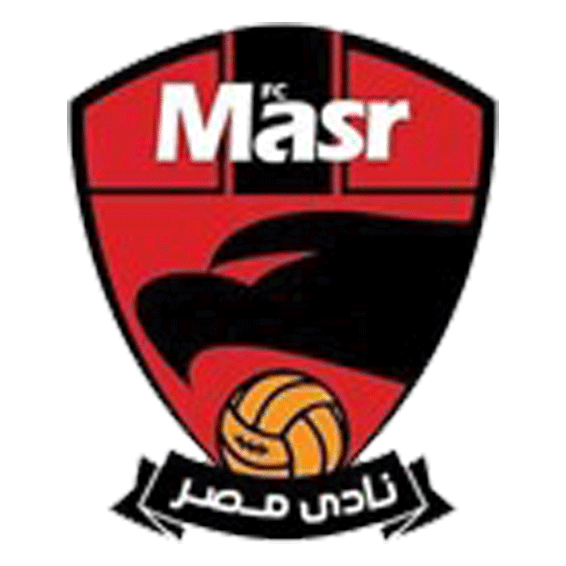
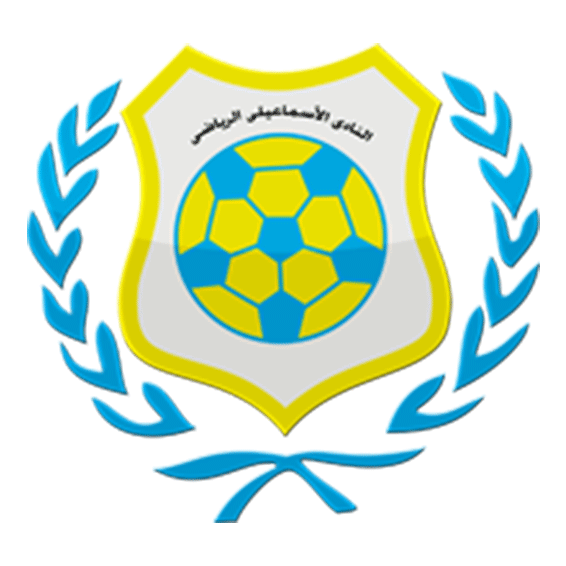
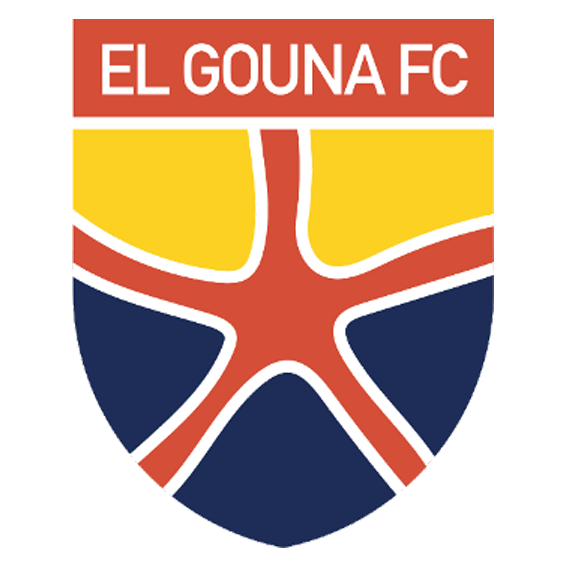
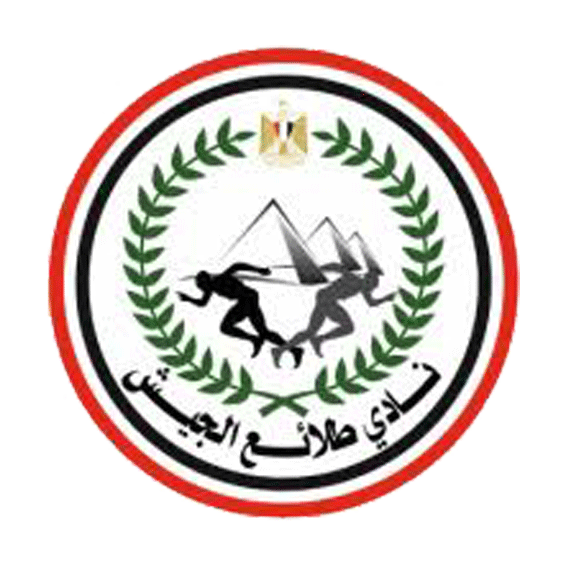




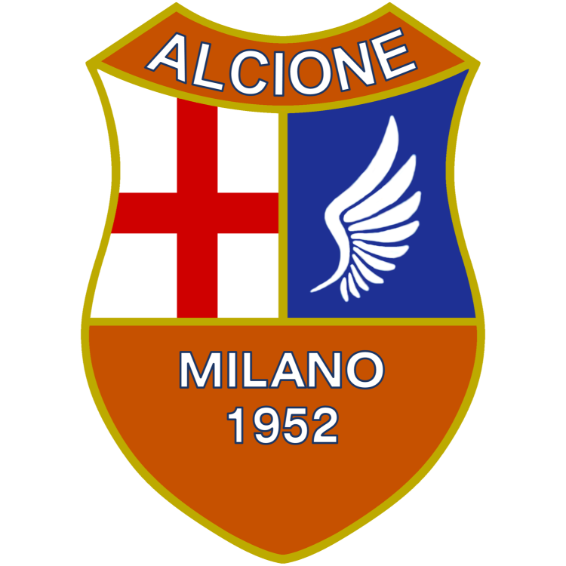
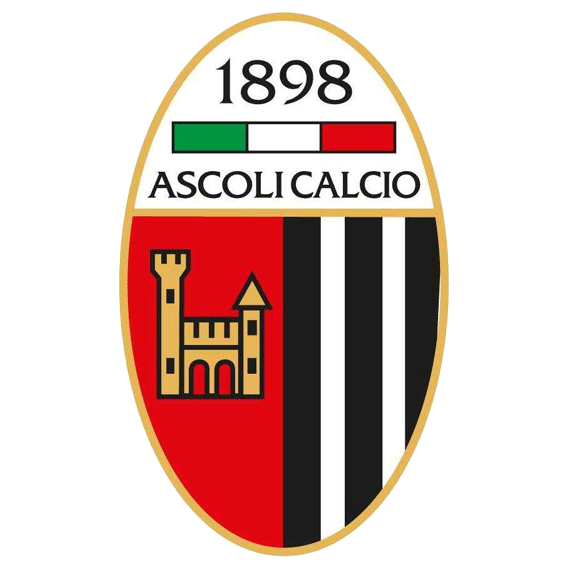
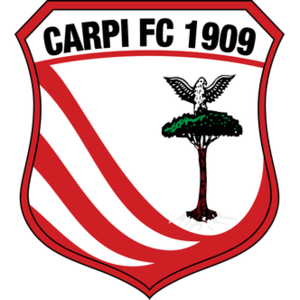
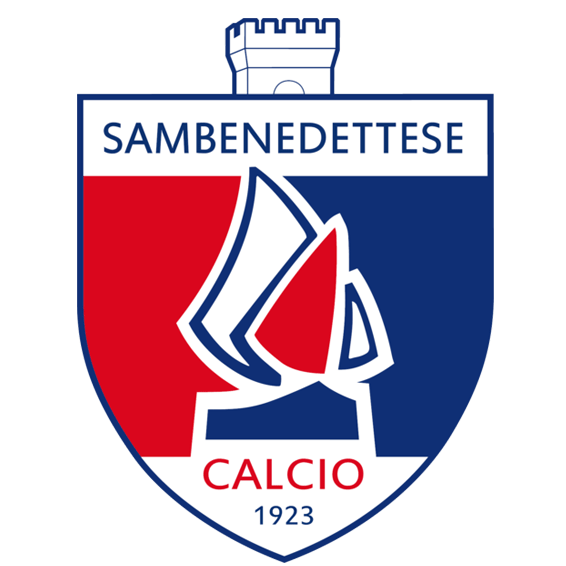
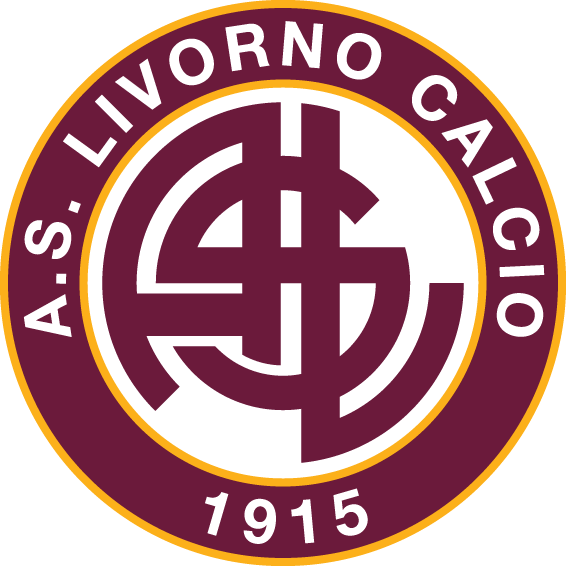
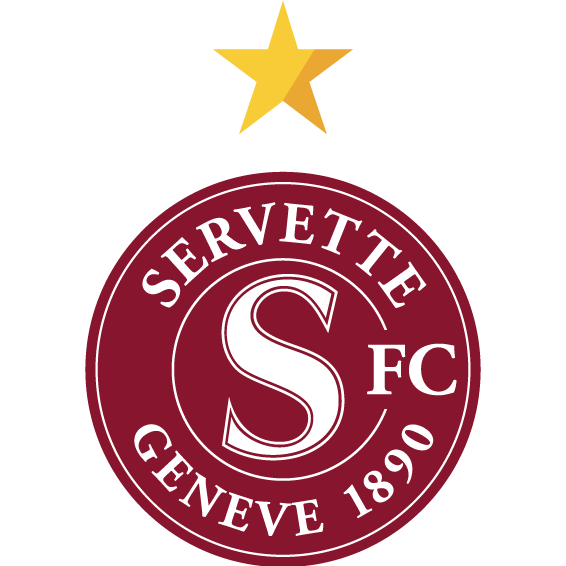


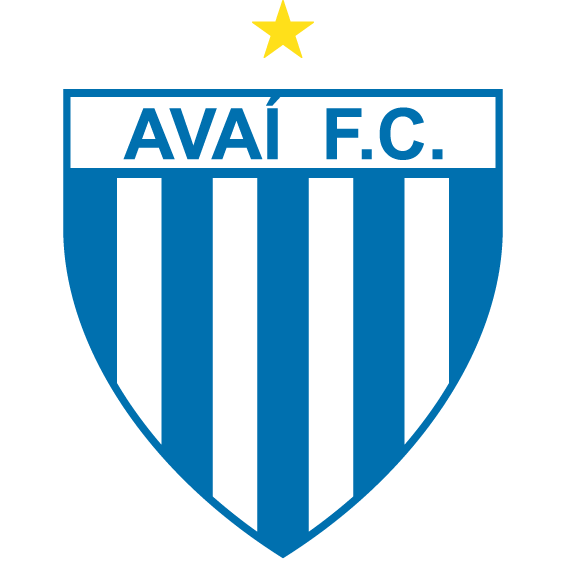
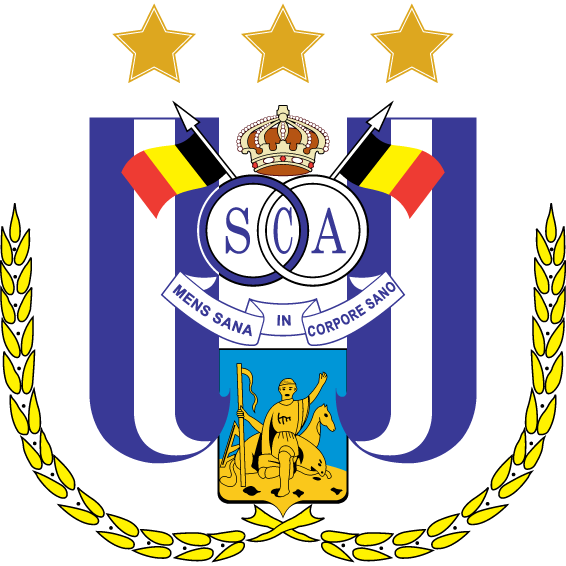

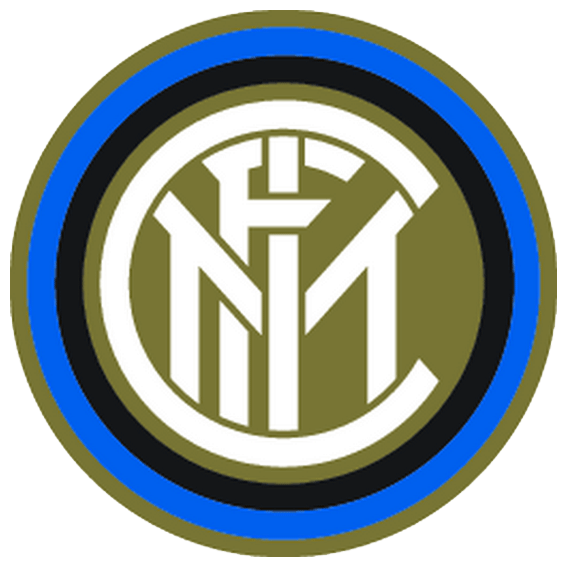
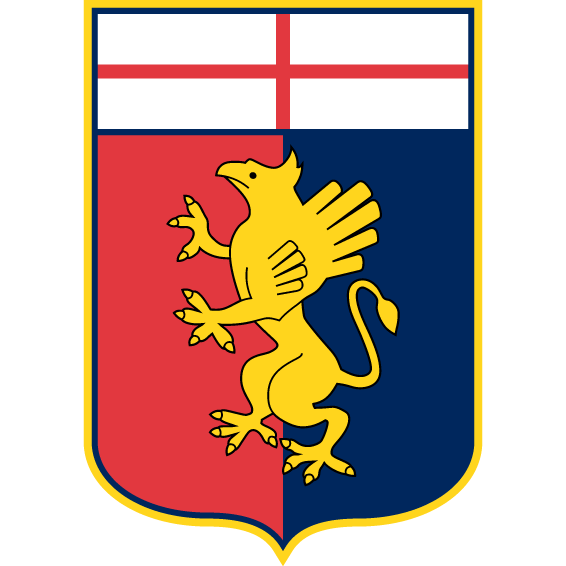
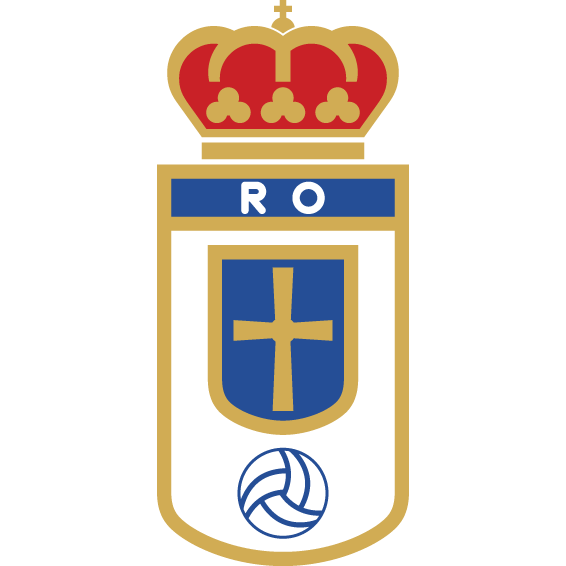
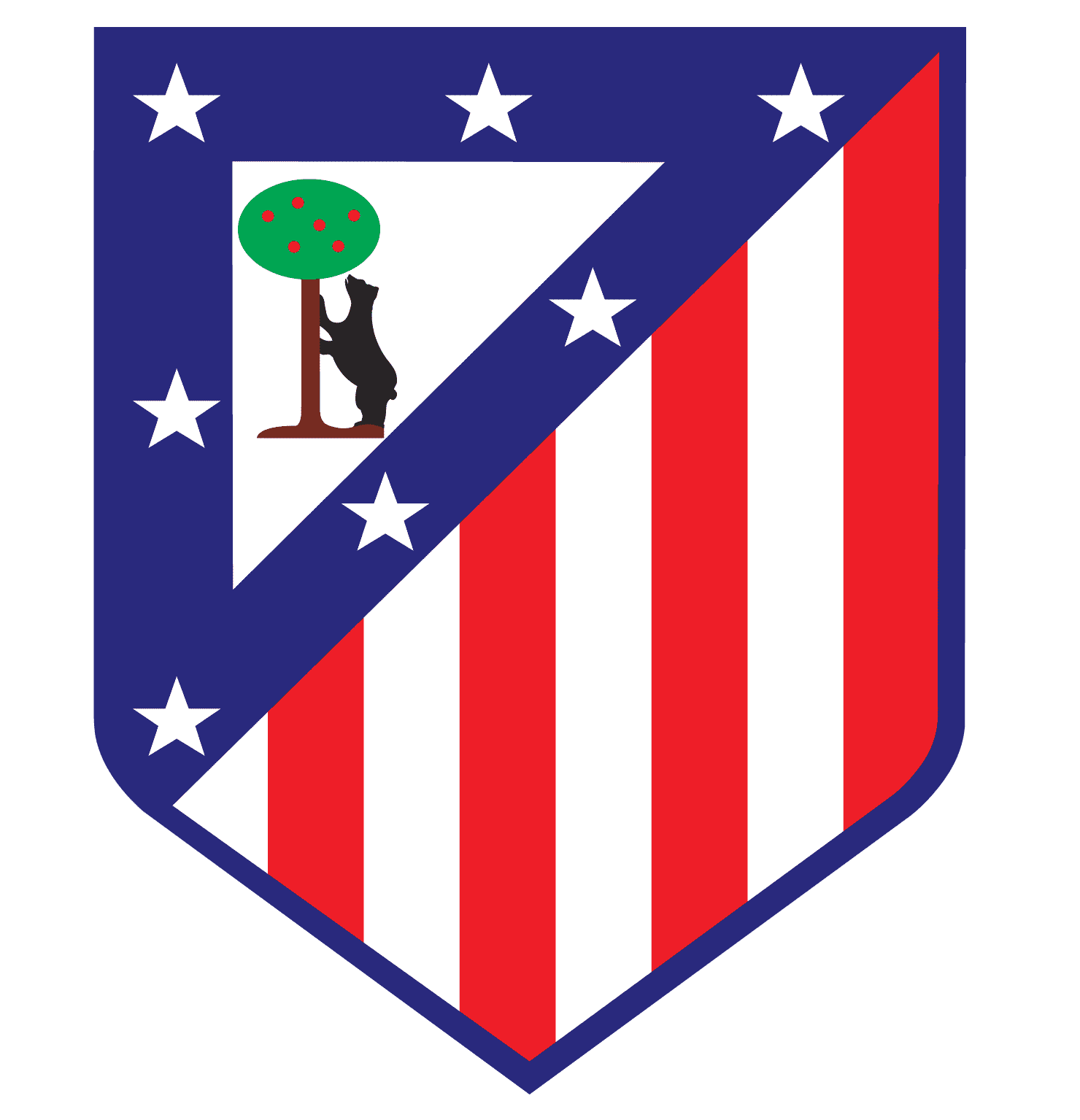
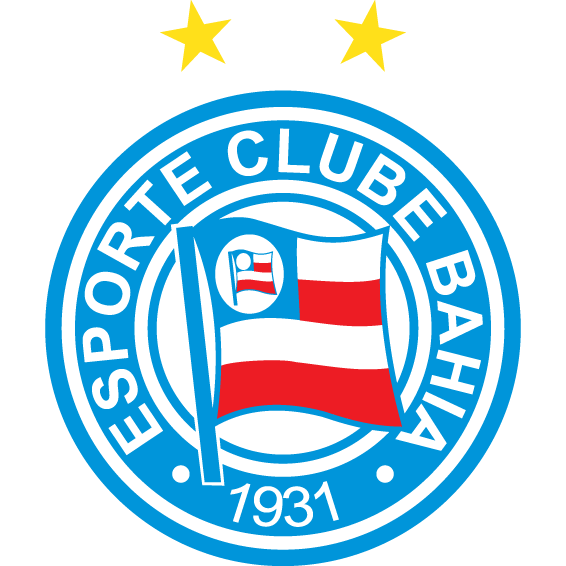
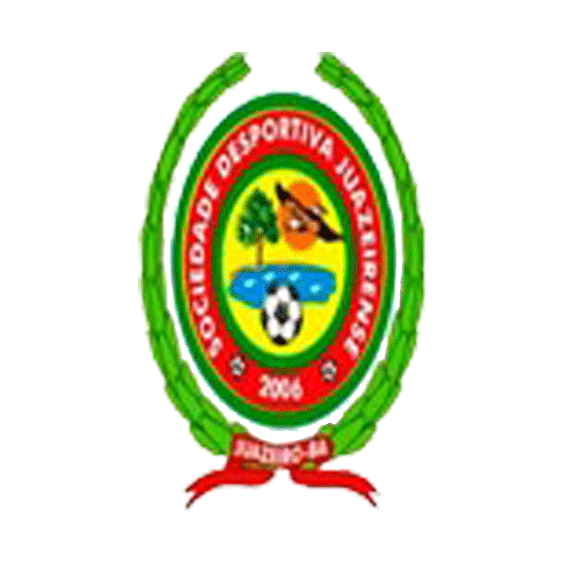
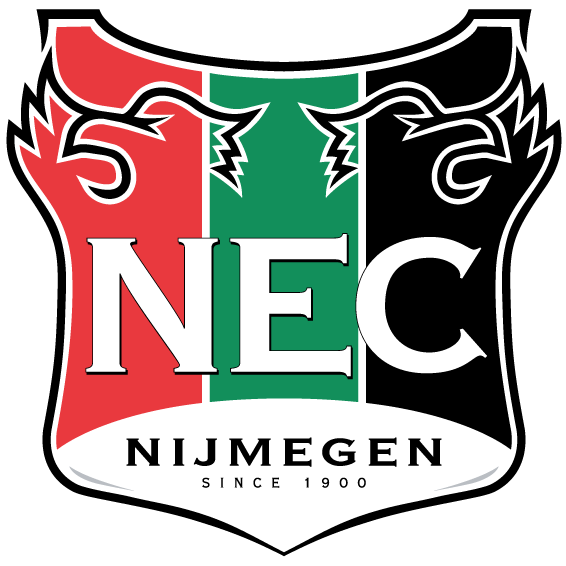
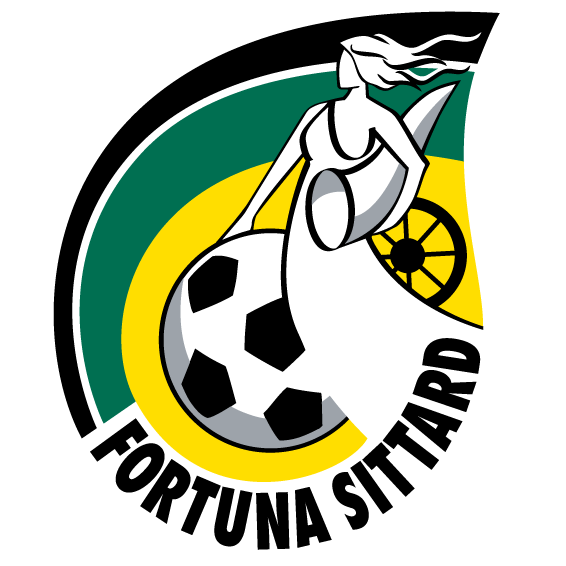

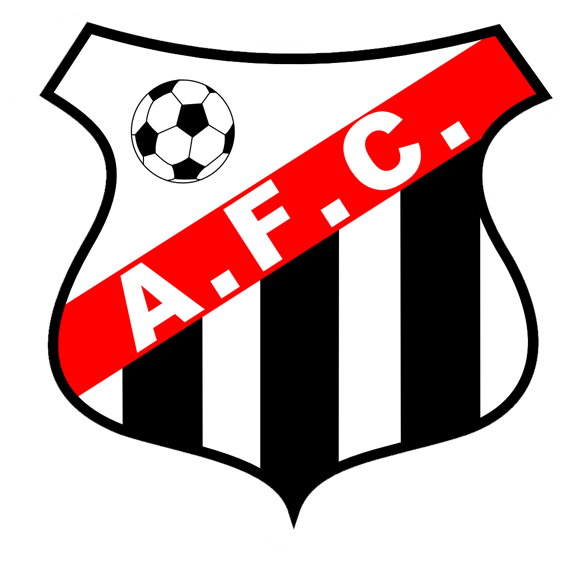
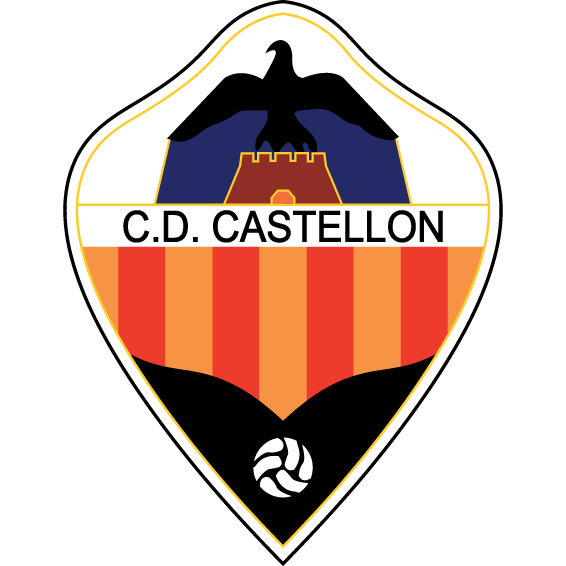
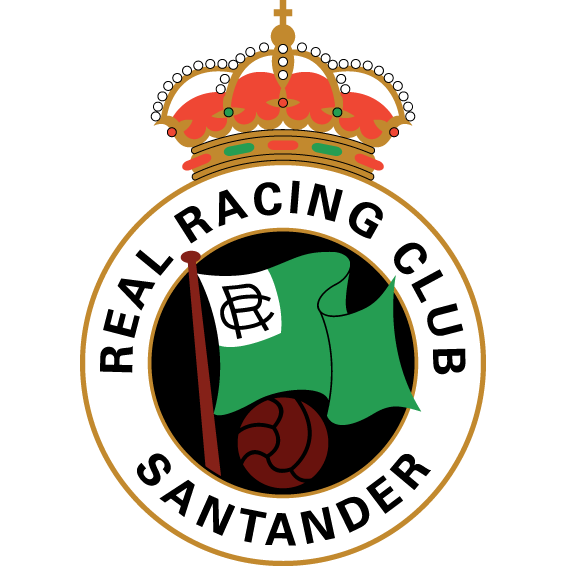
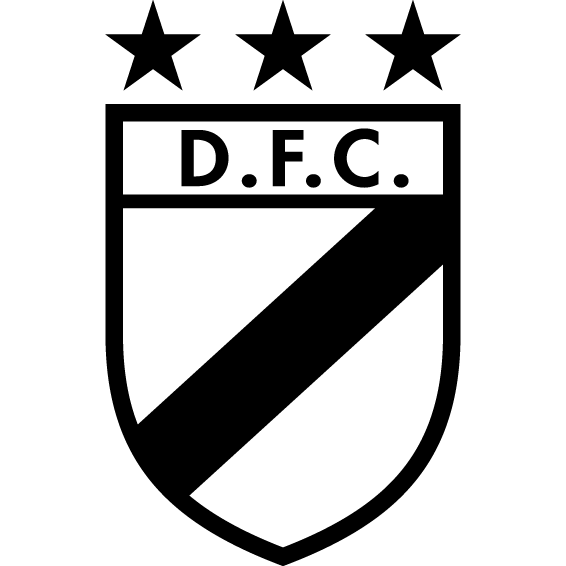
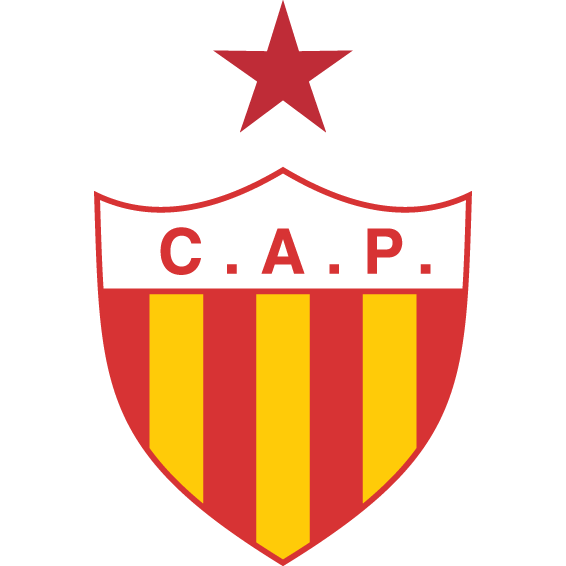
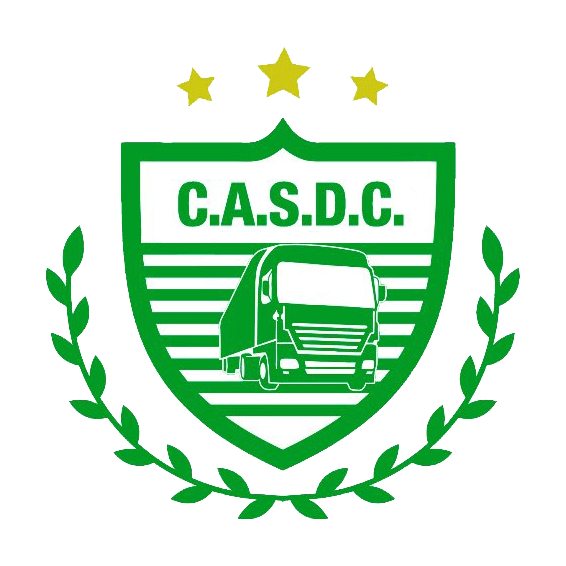


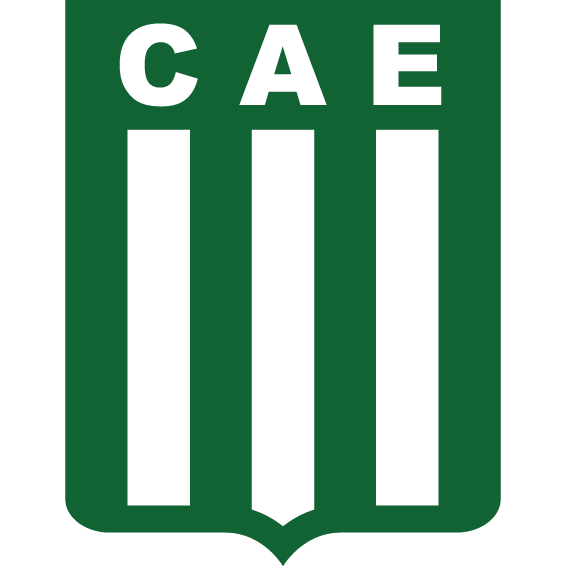
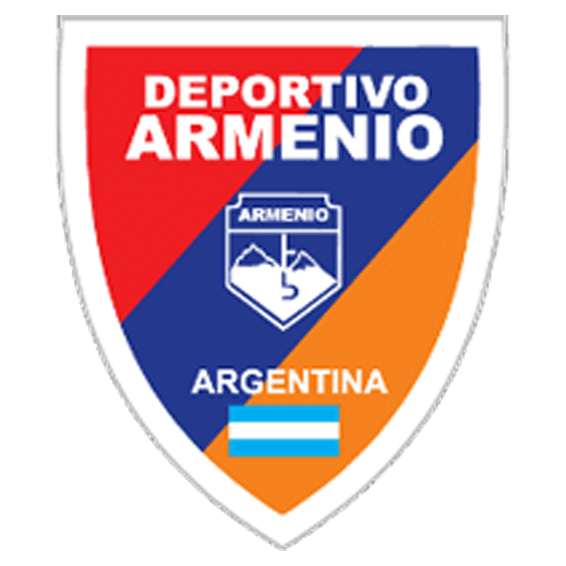
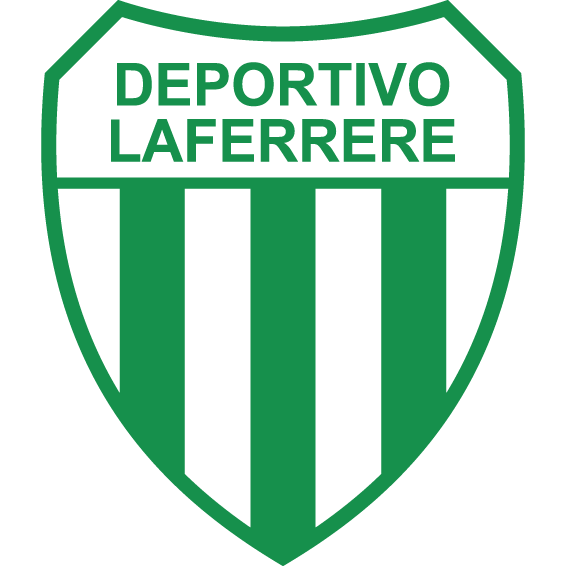

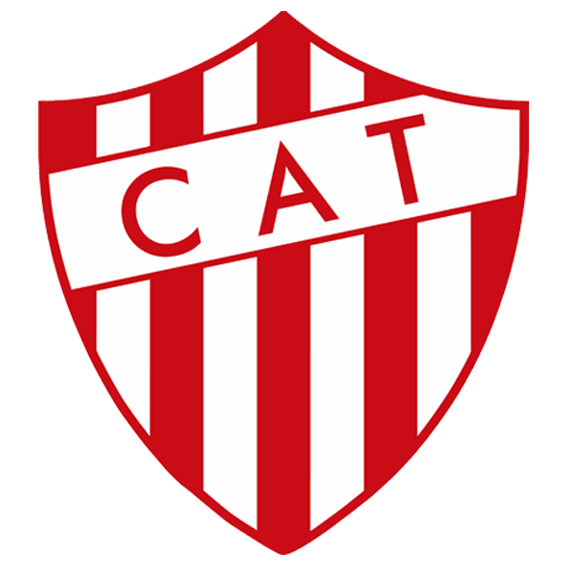
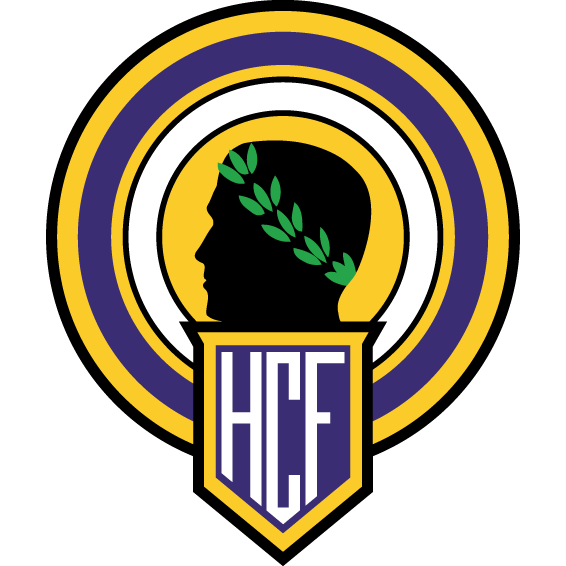
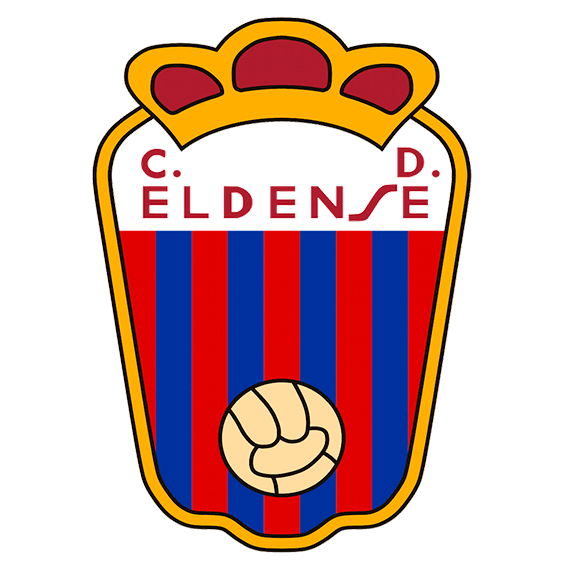
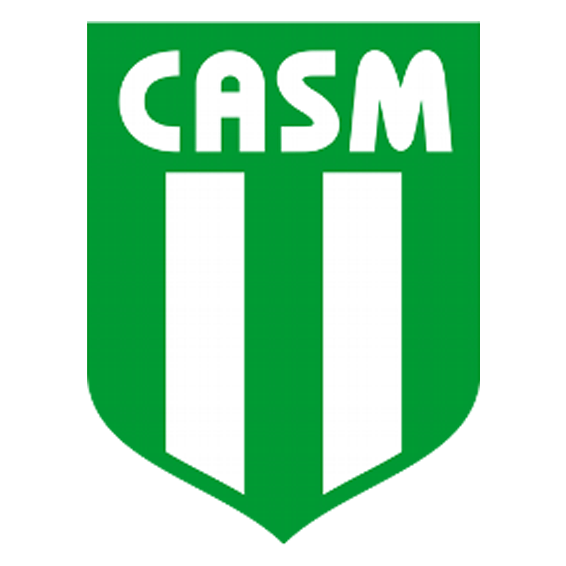
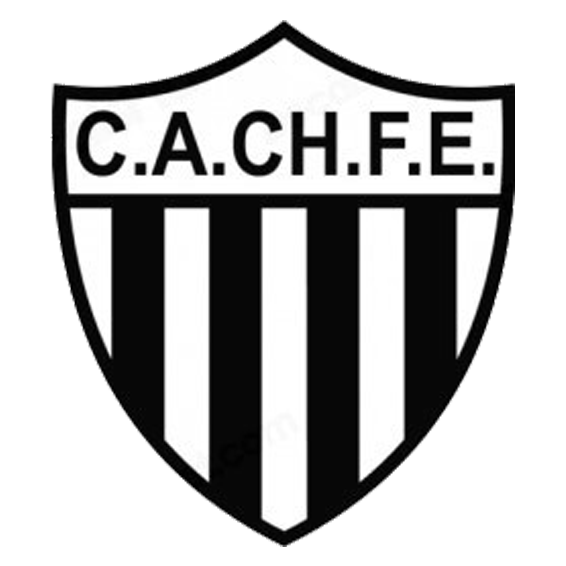
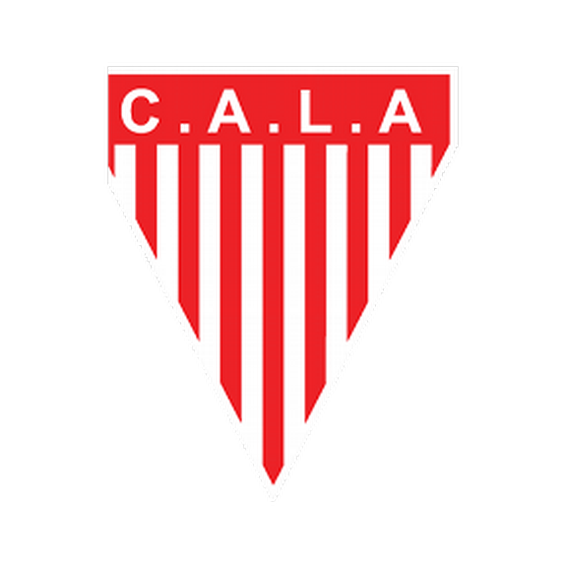
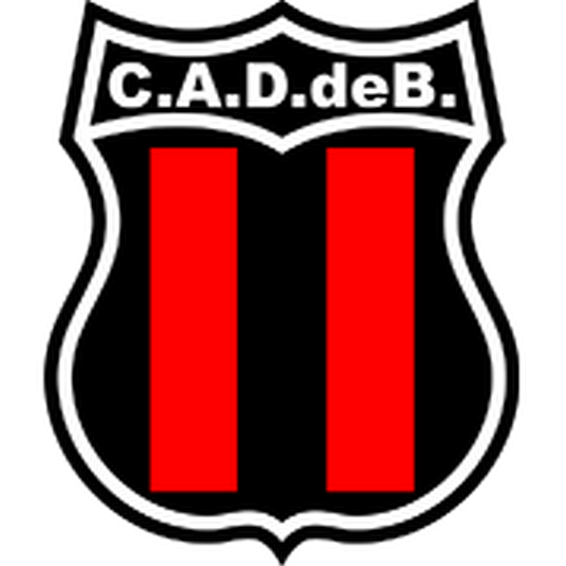


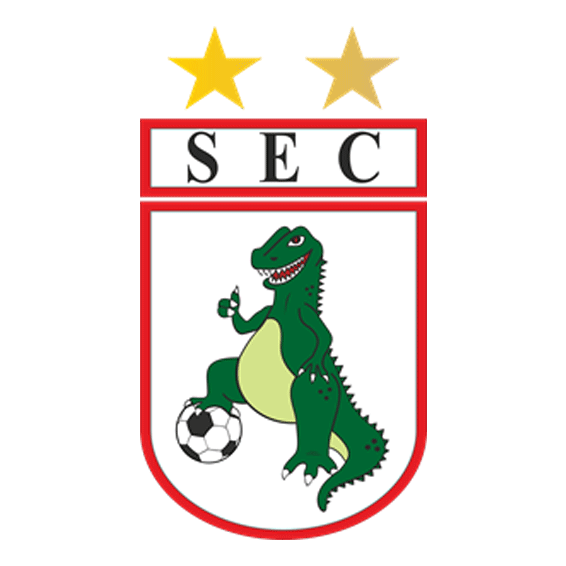

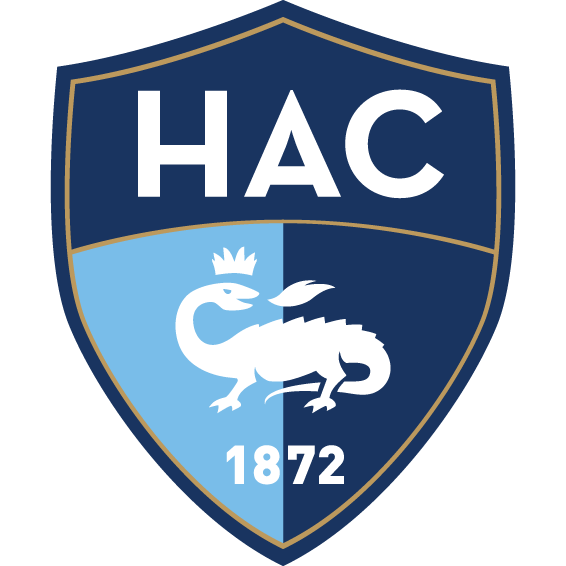
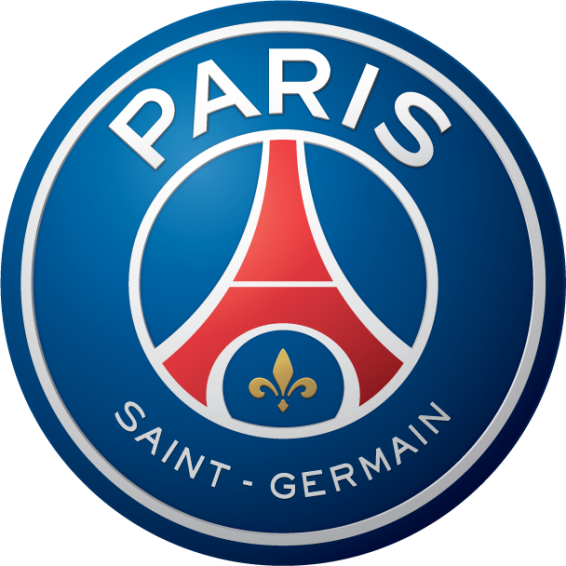


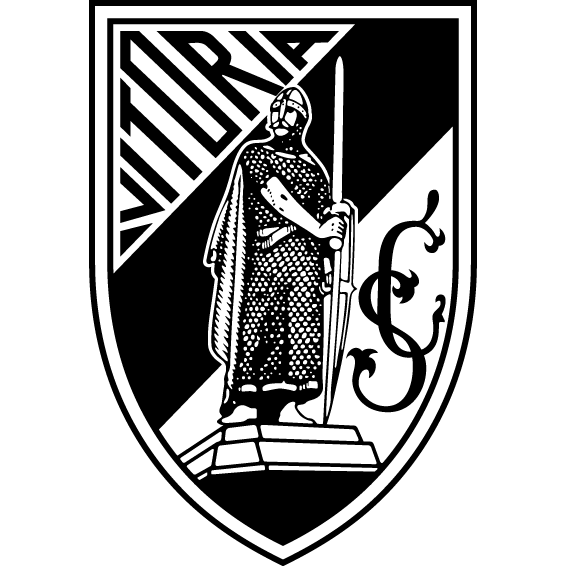
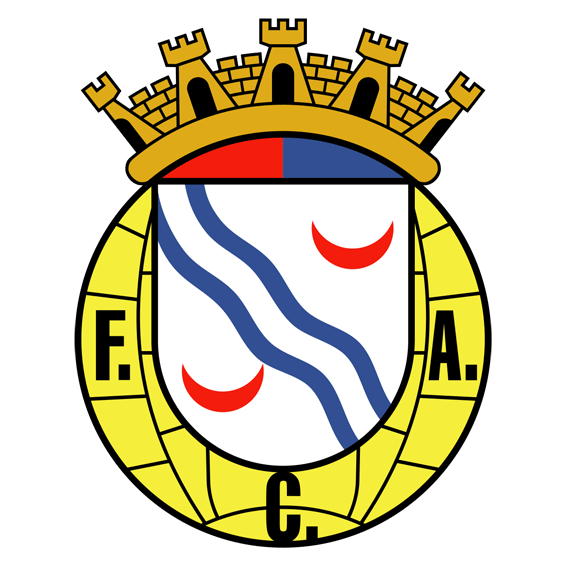
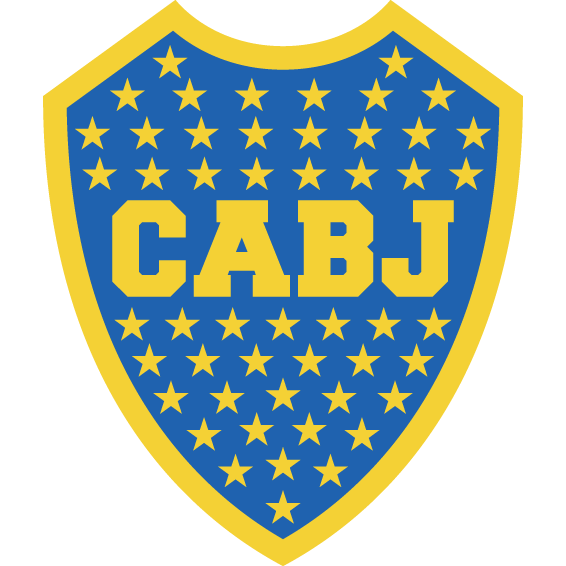
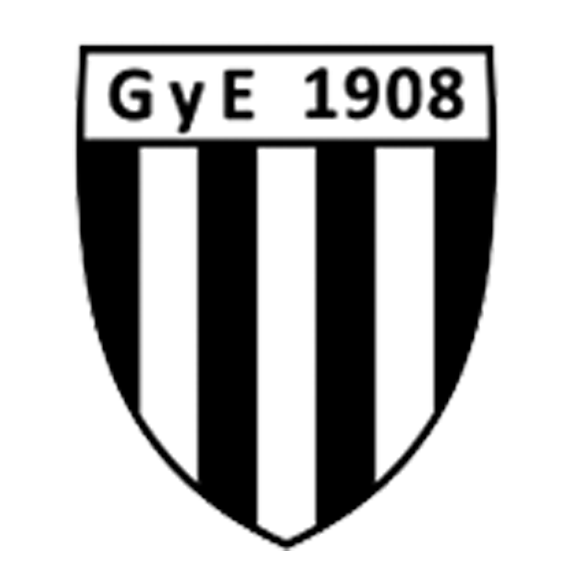

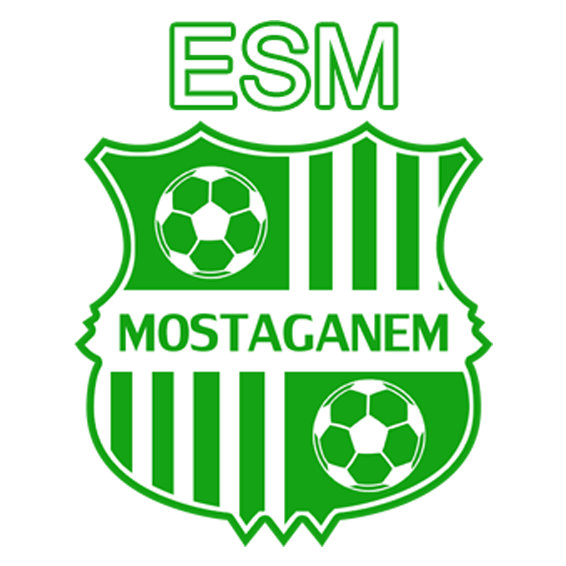

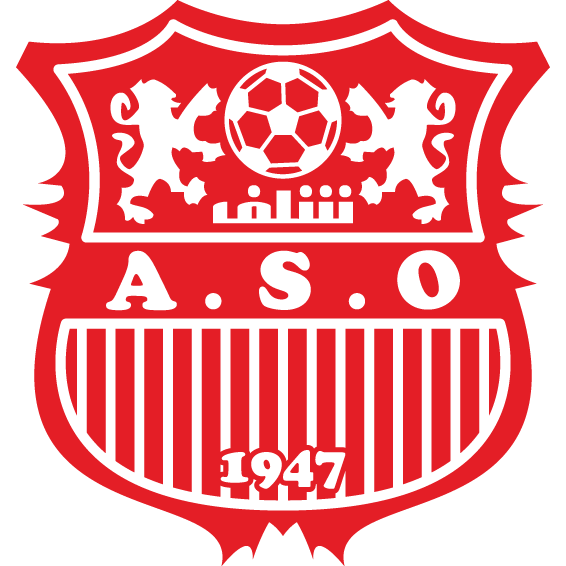
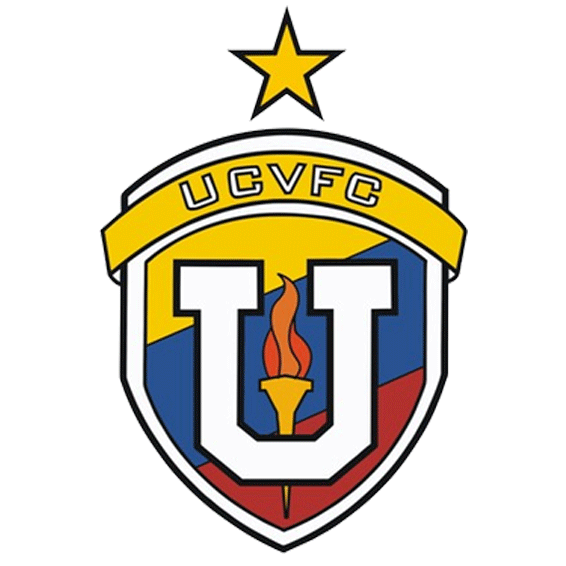
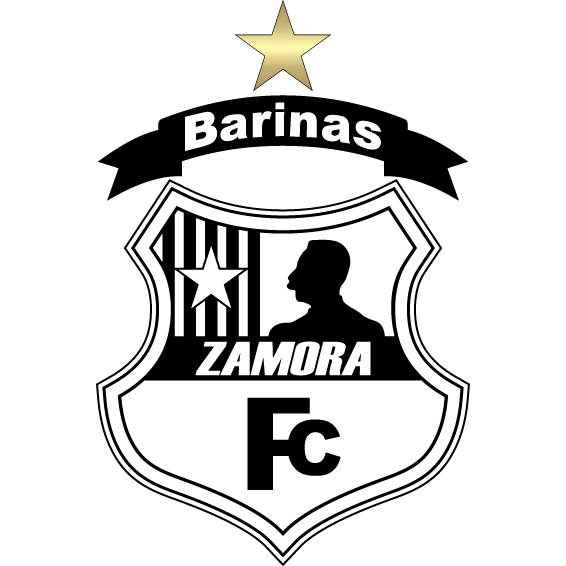

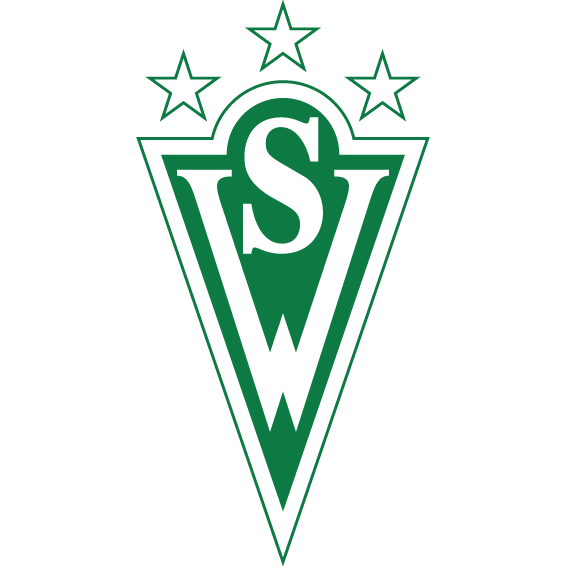
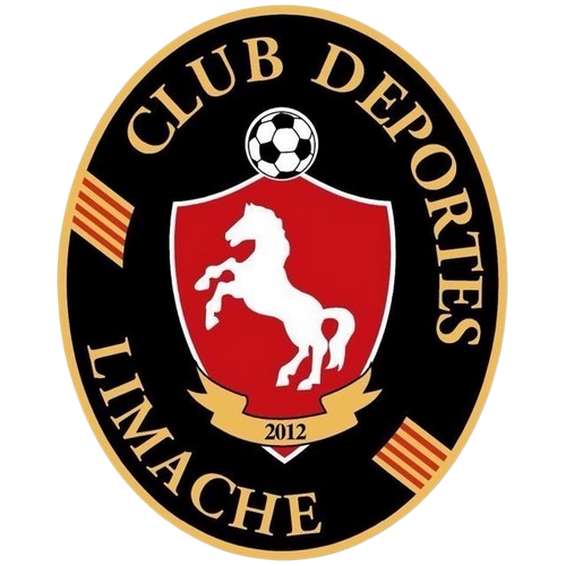
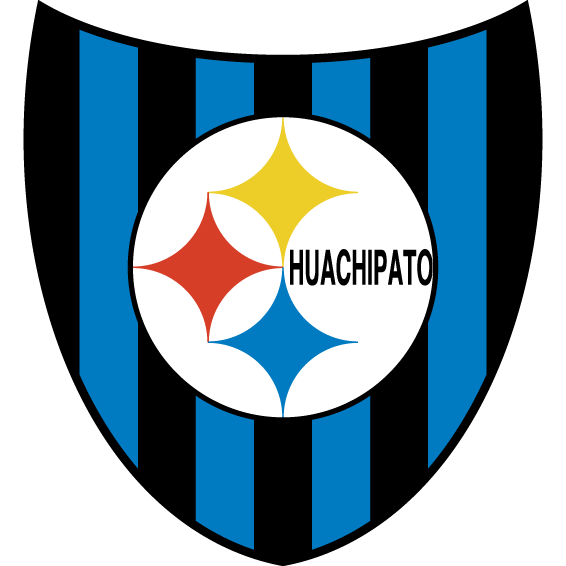
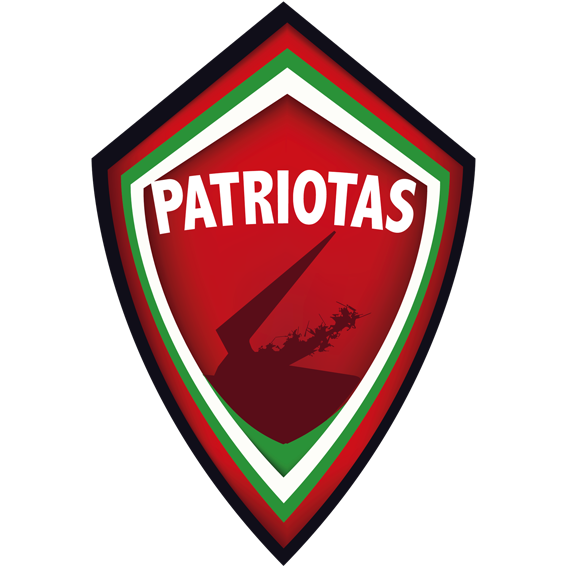


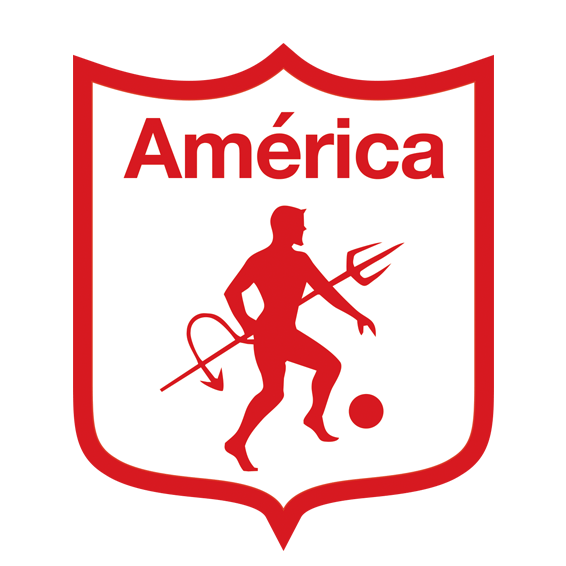


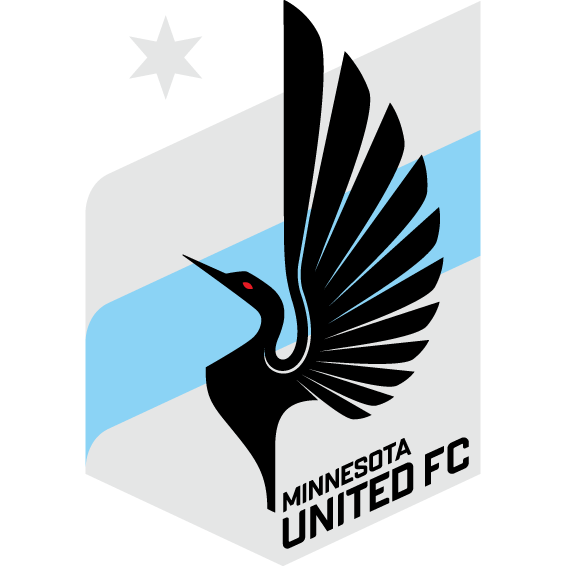
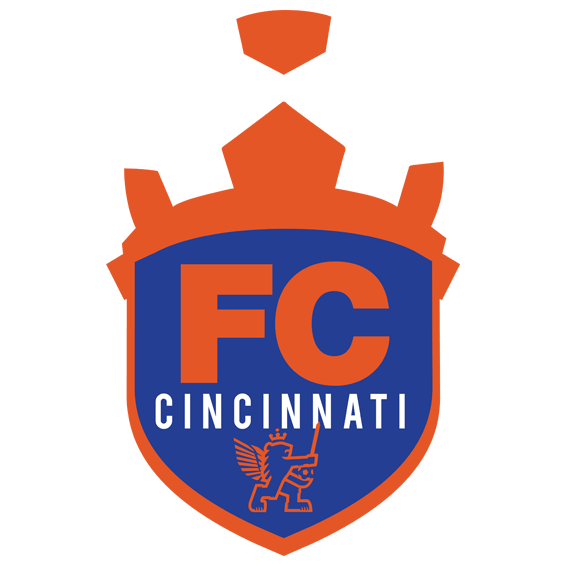
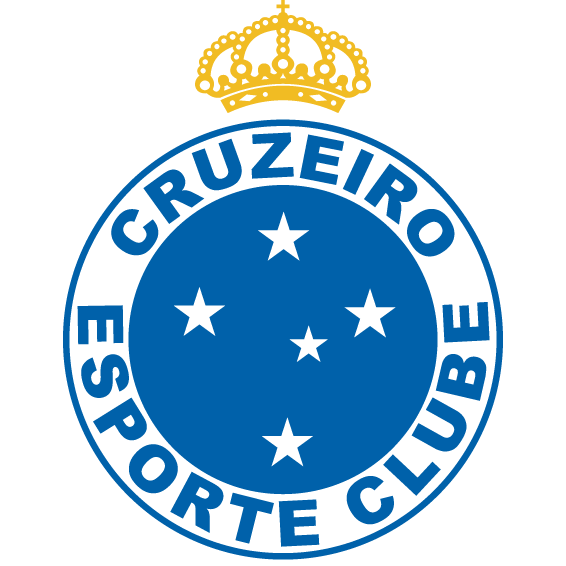
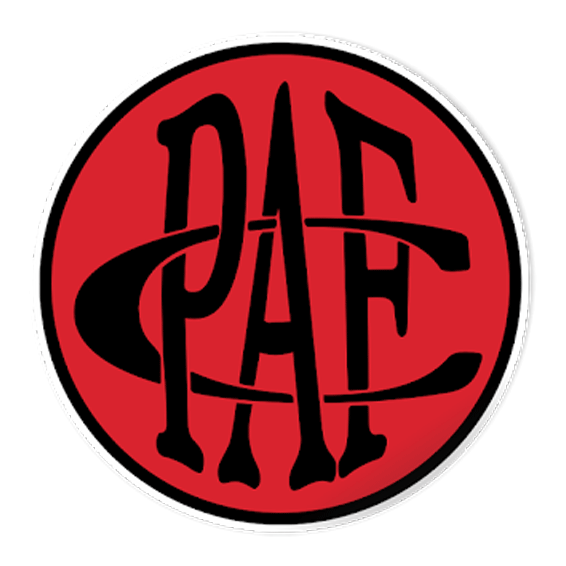

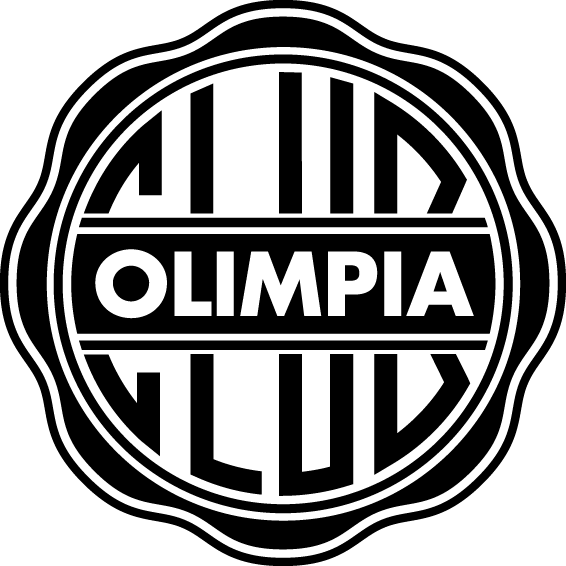
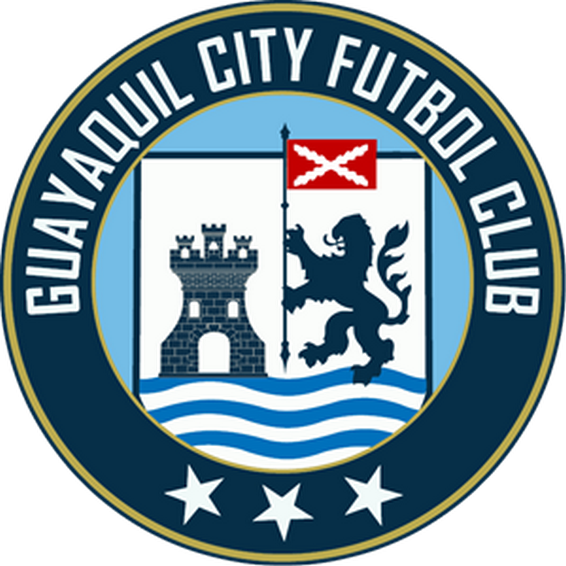
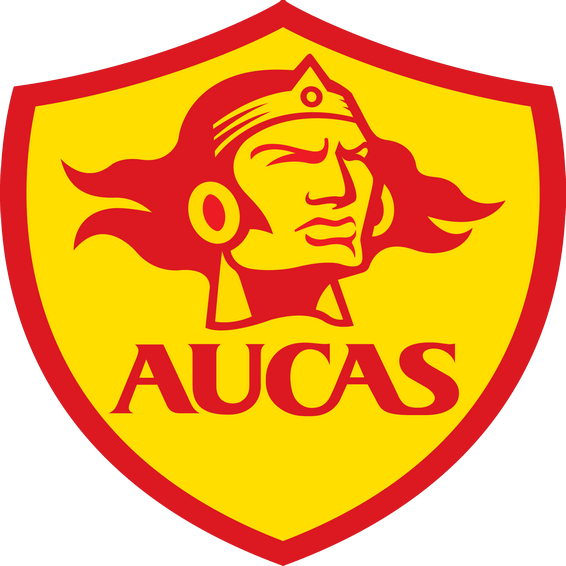
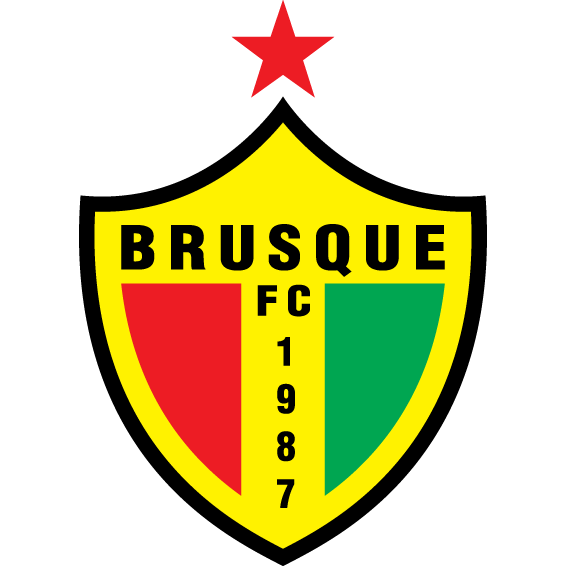
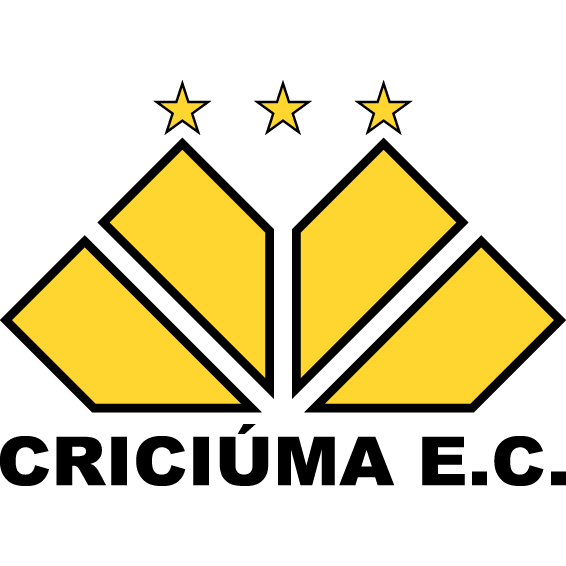
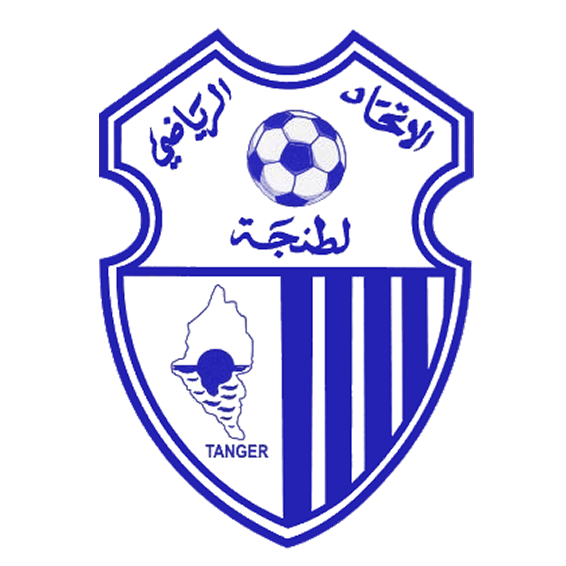
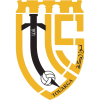
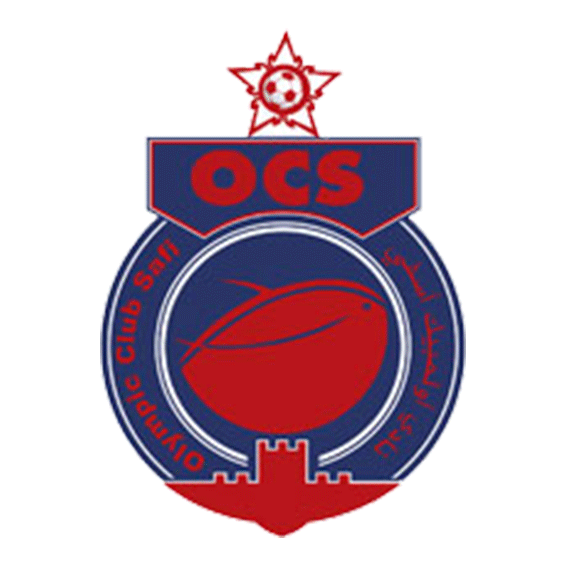
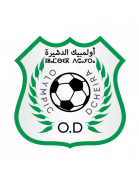
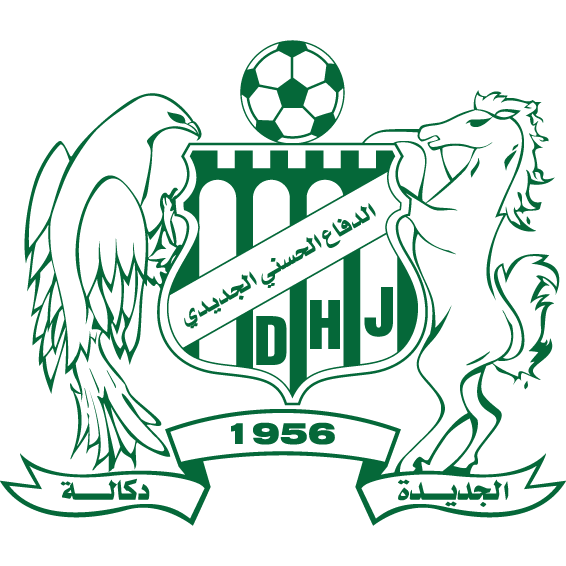

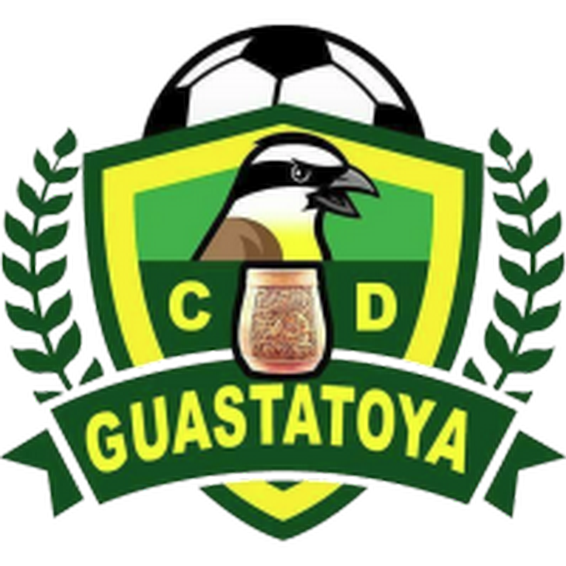
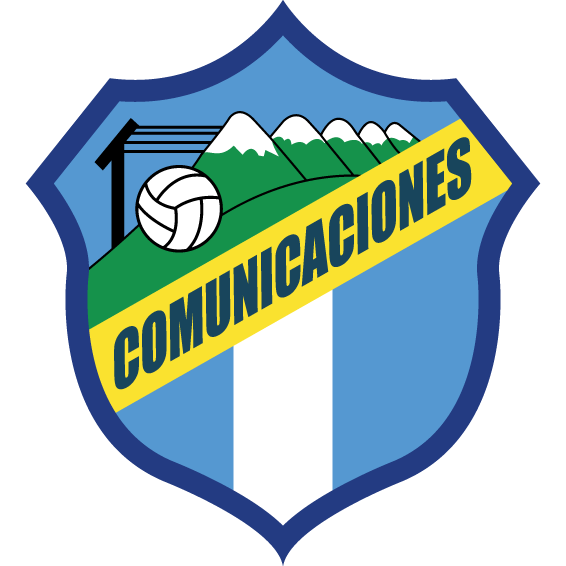
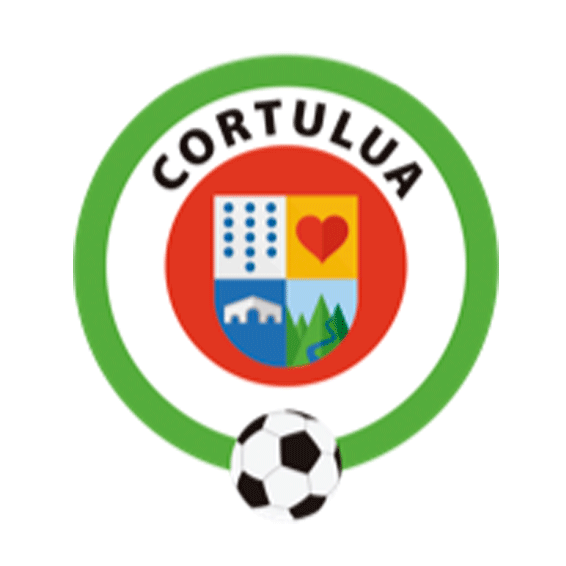
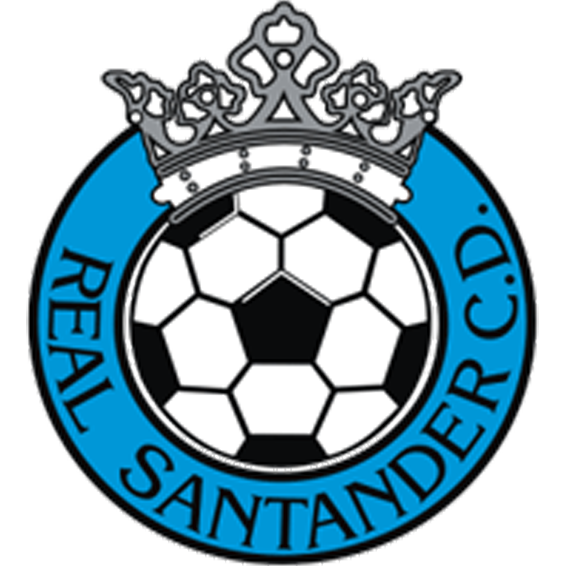
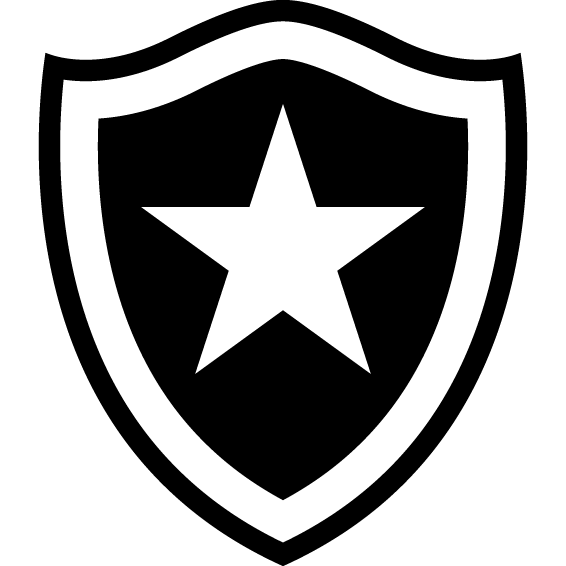

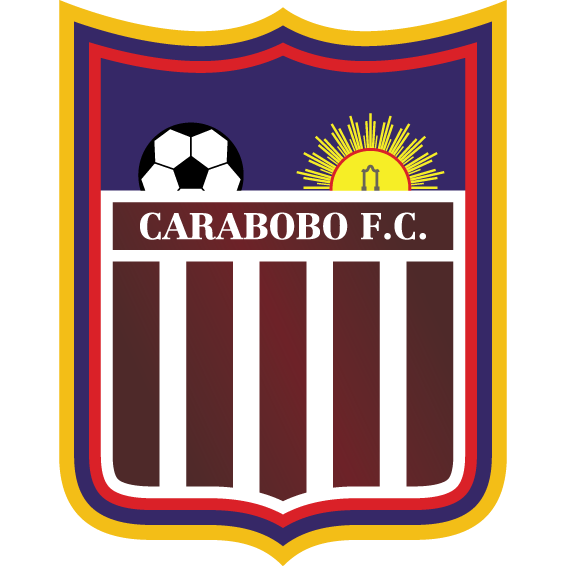
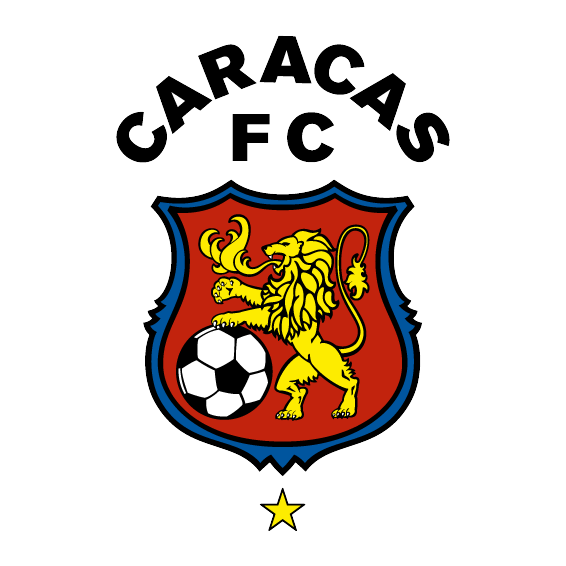
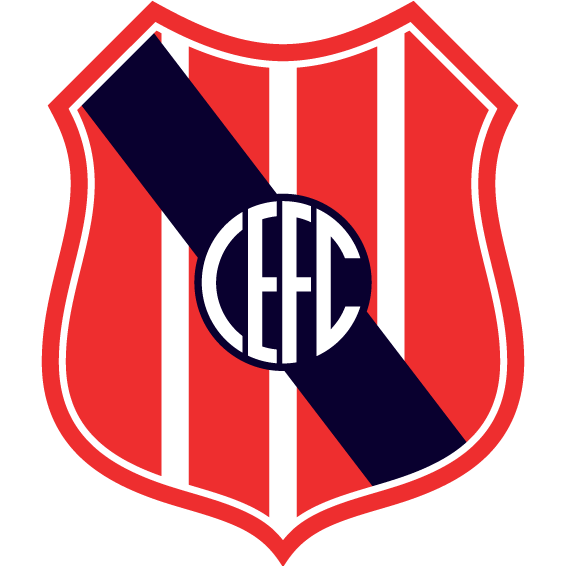
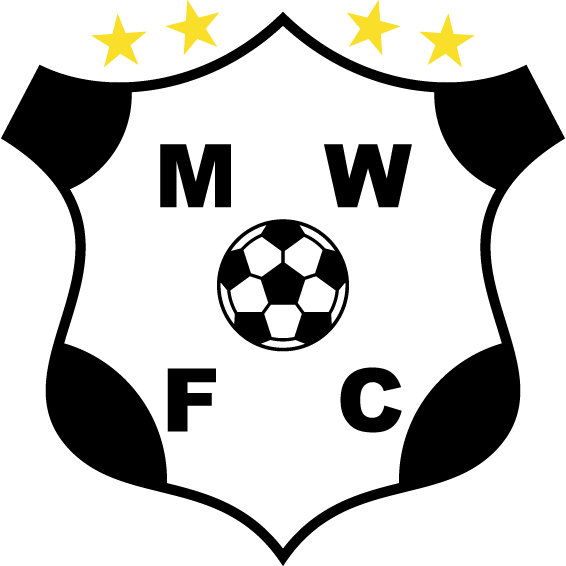
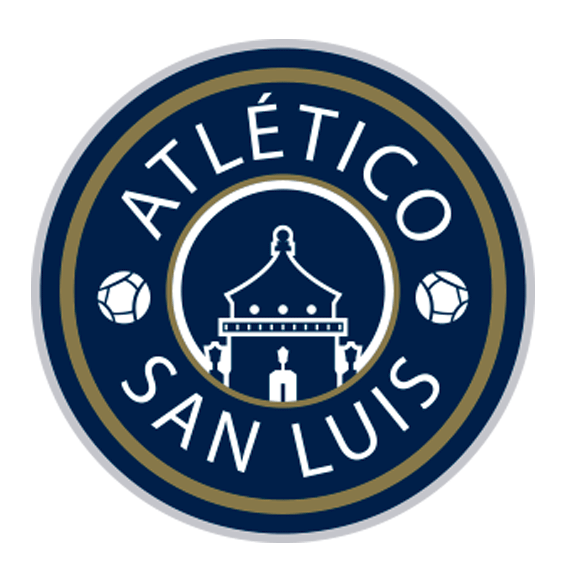
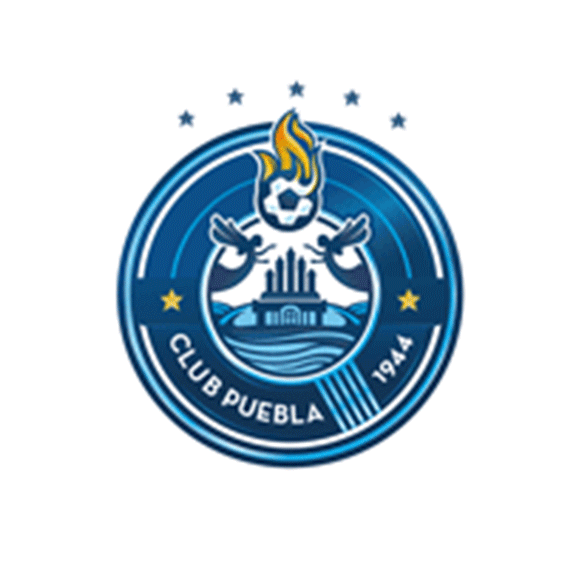
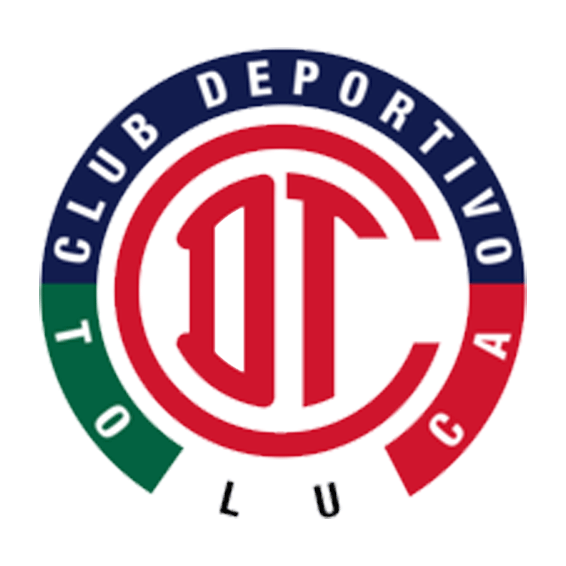
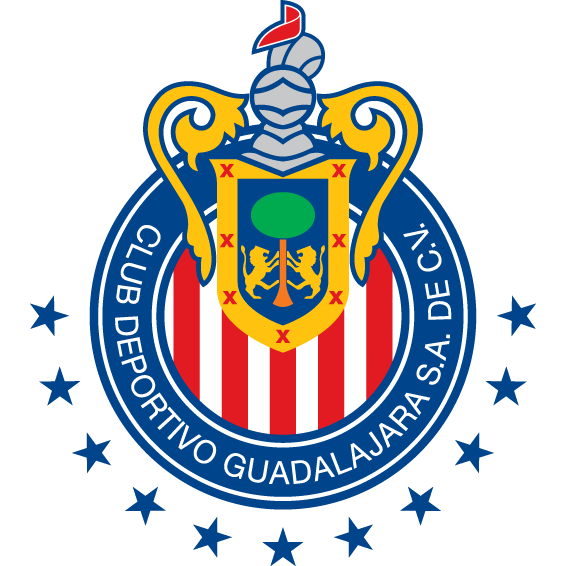
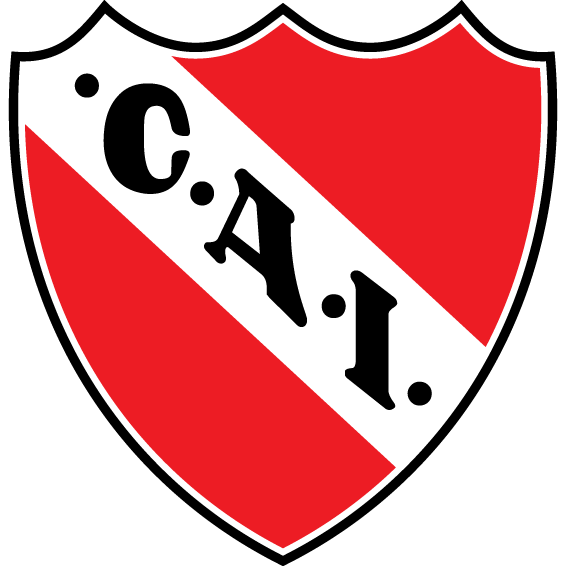
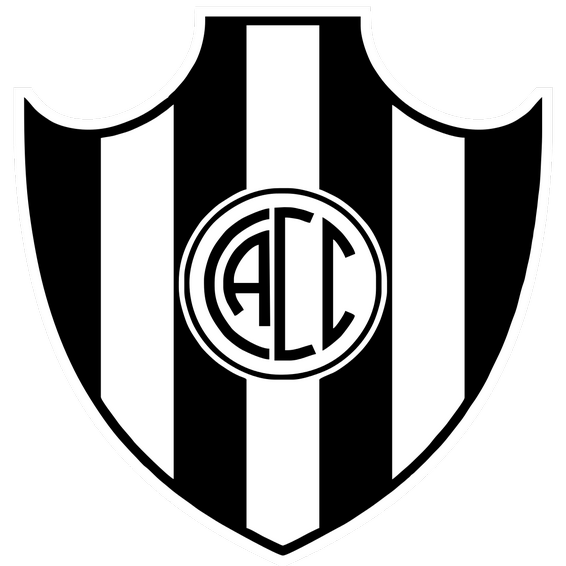
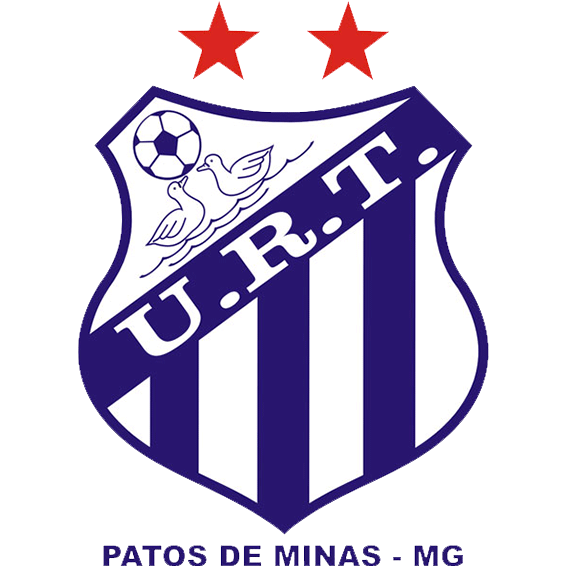

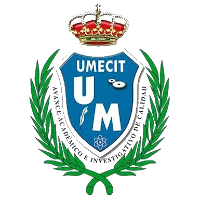
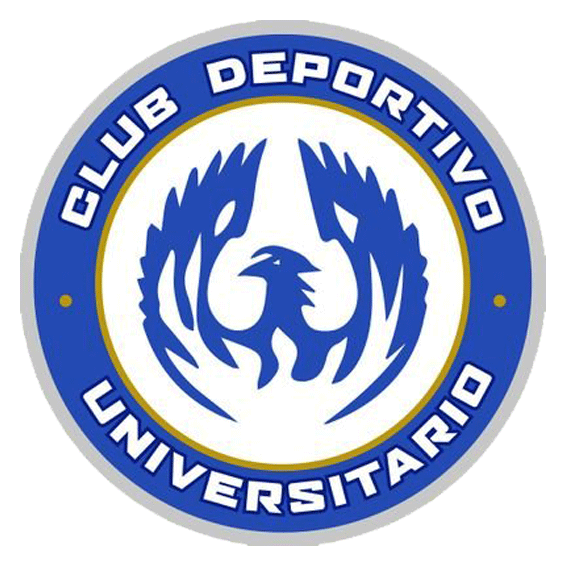

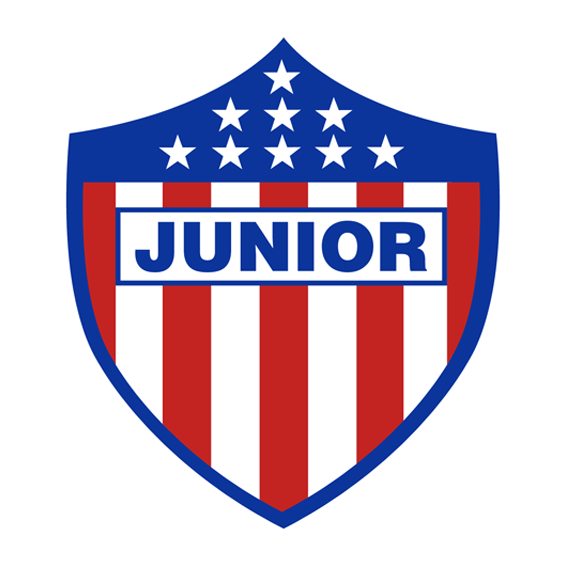
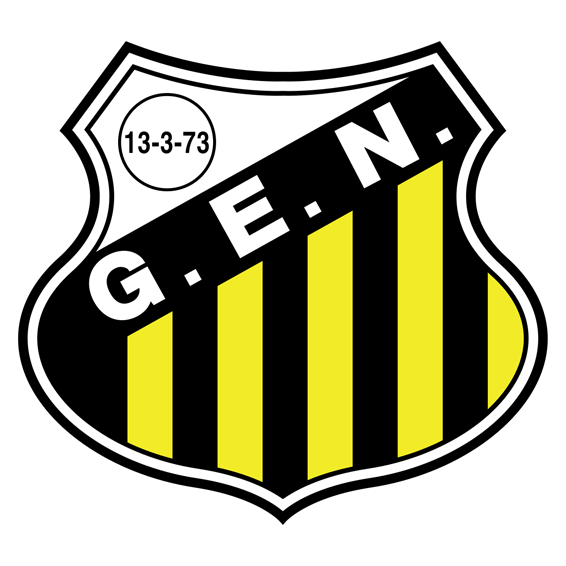
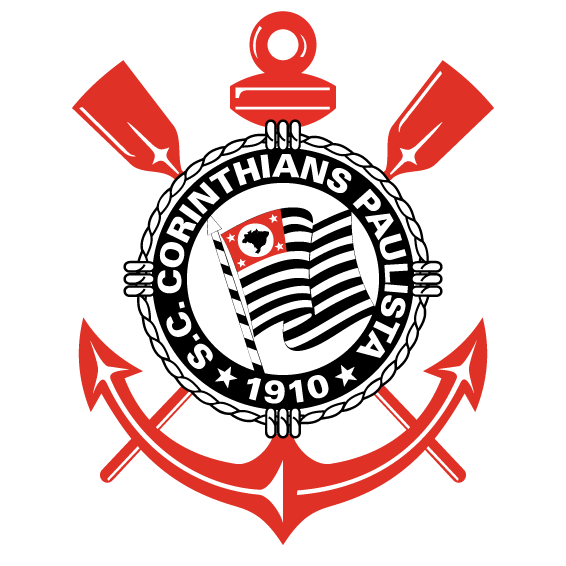
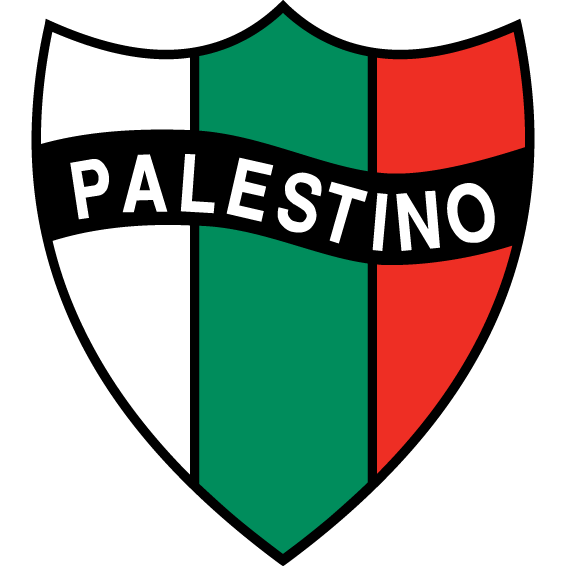
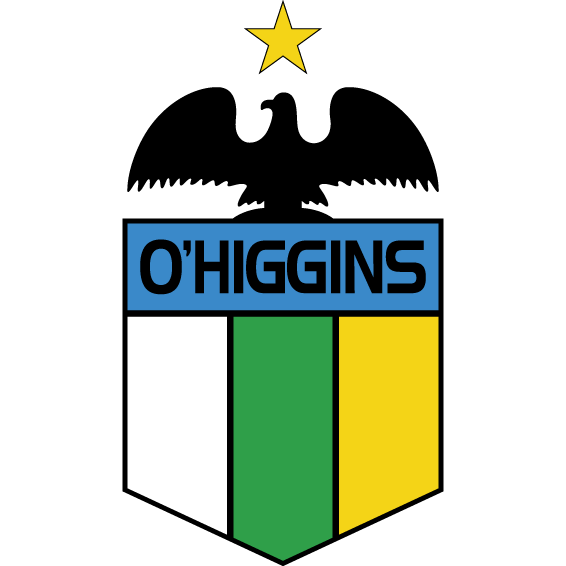
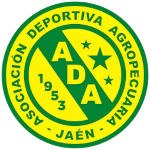
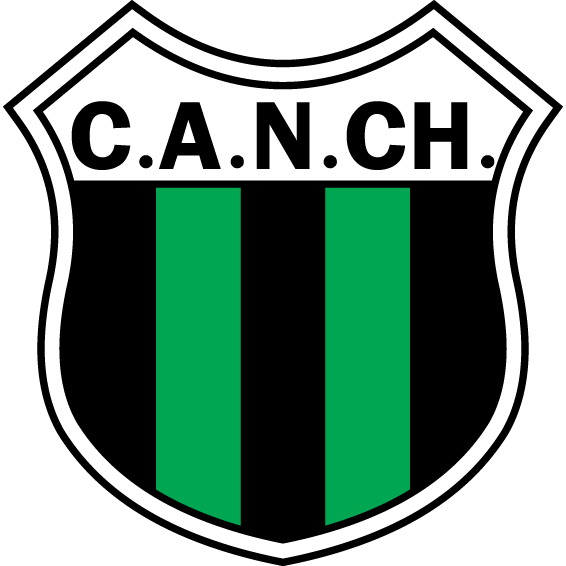
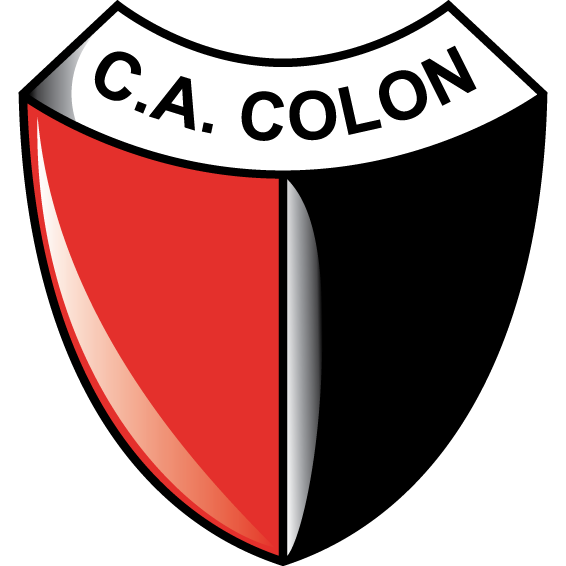
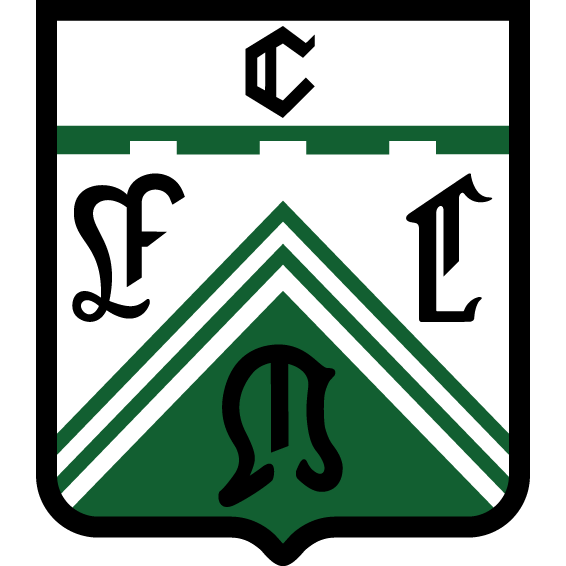

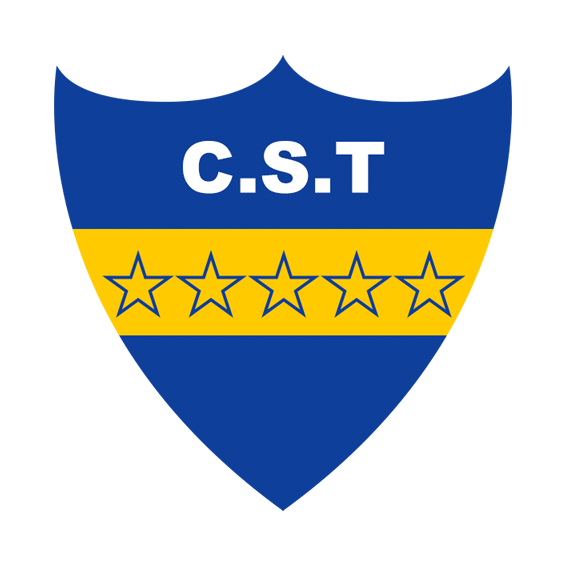
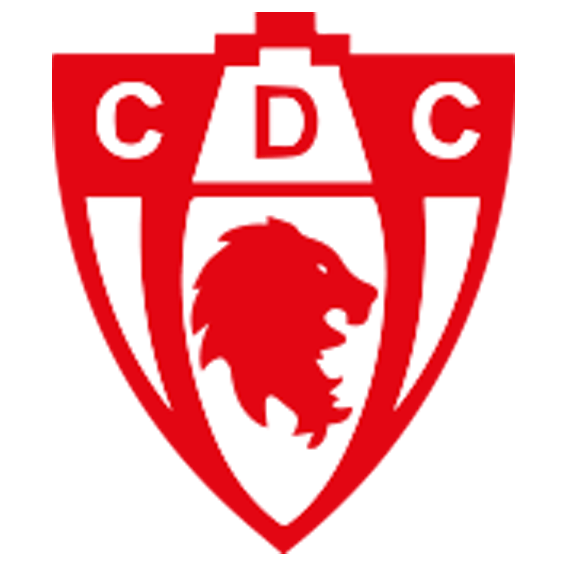
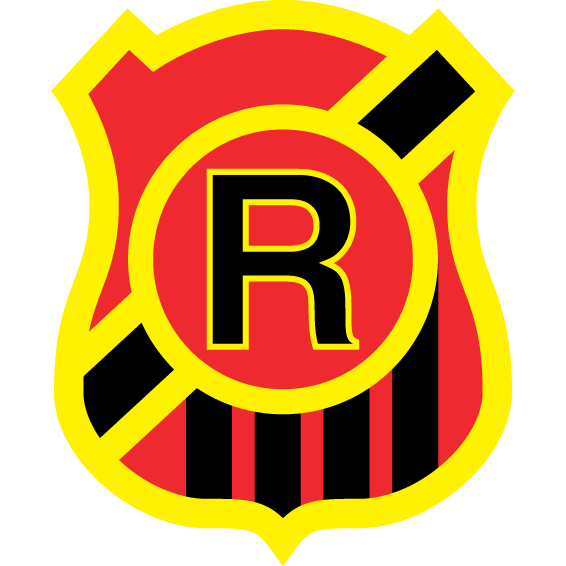
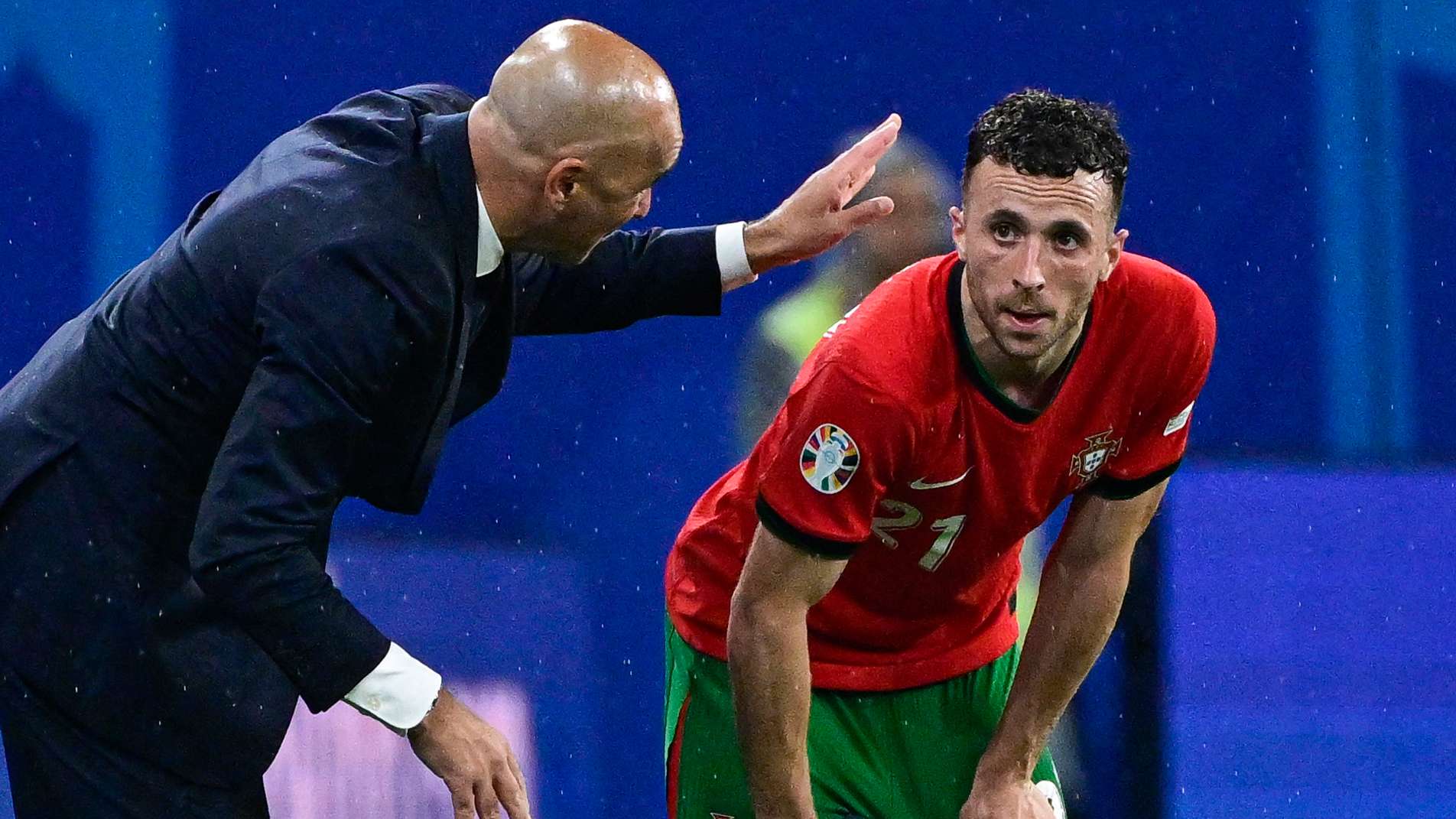
























There are no comments yet. Be the first to comment!